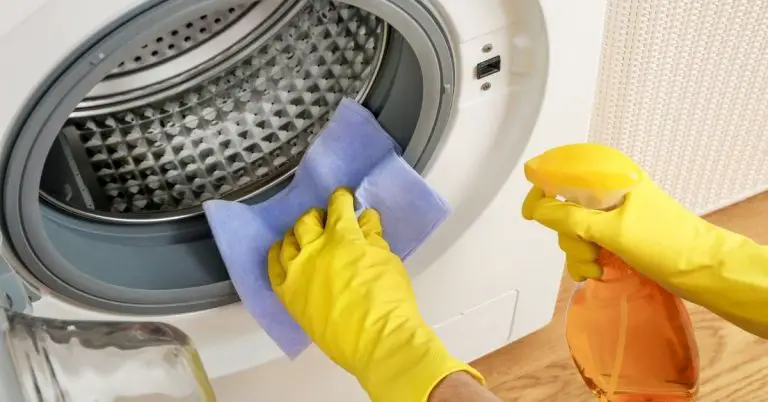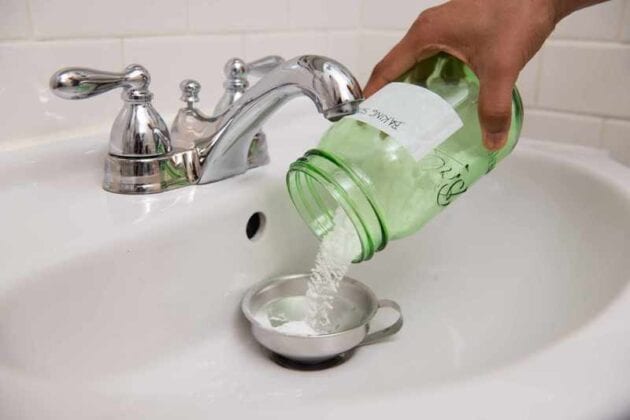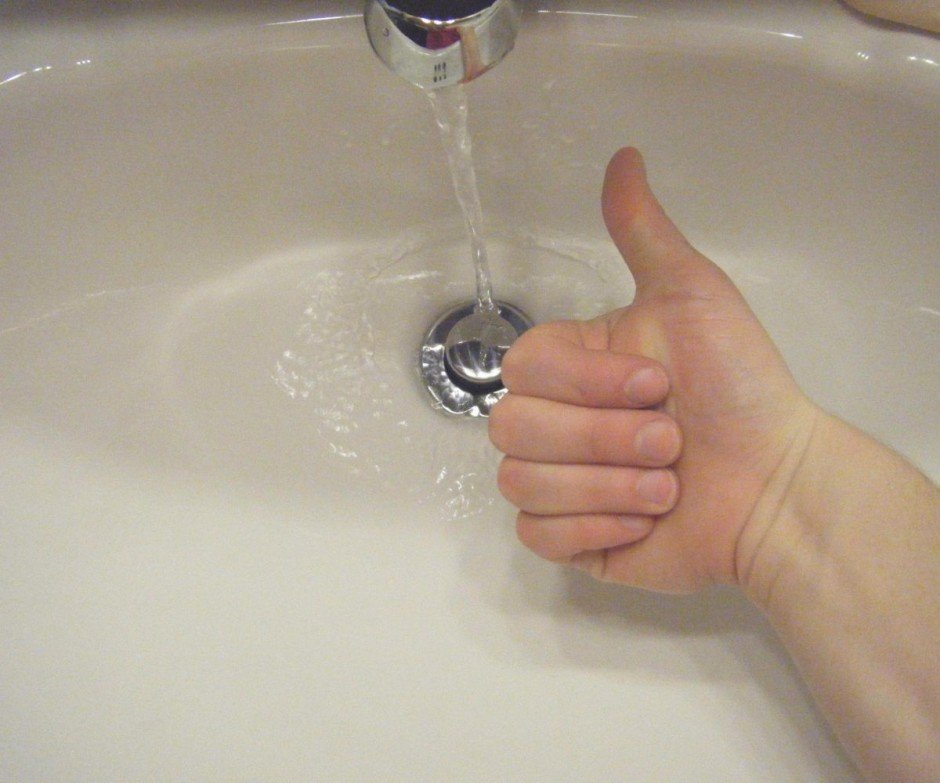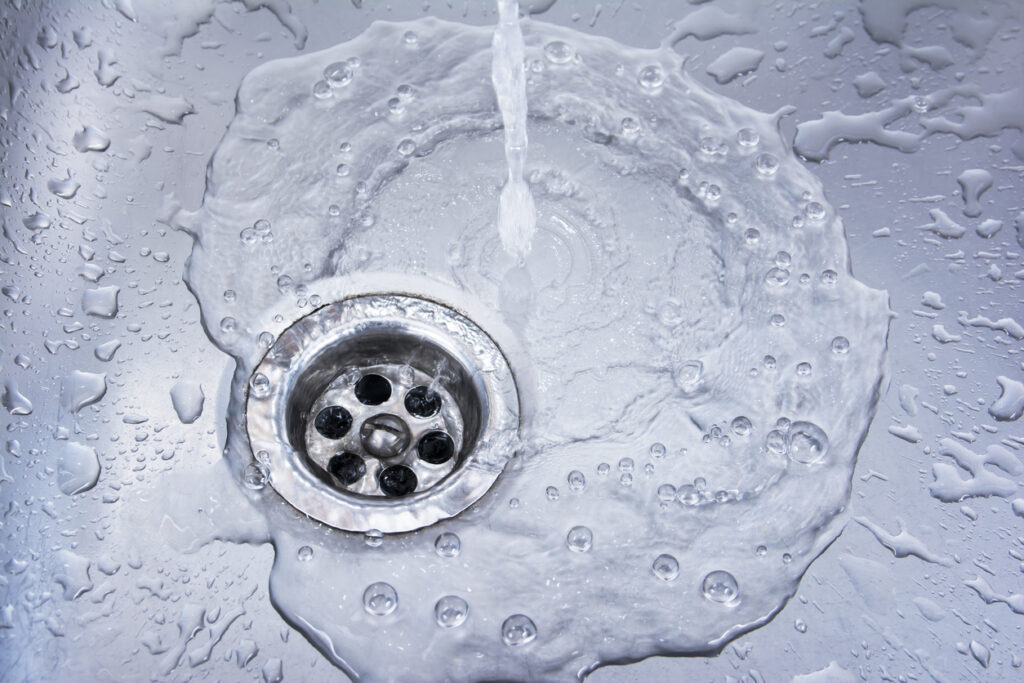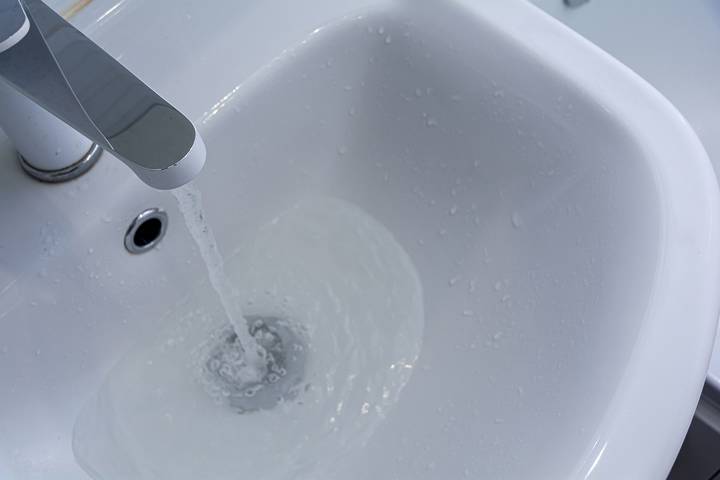1. Regularly clean your kitchen sink drain to prevent clogs
One of the best ways to ensure your kitchen sink drain stays in tip-top shape is to regularly clean it. This means removing any food particles, grease, and other debris that may have built up over time. Not only will this prevent clogs, but it will also help keep your sink smelling fresh. To clean your drain, simply pour boiling water down the drain, followed by a mixture of baking soda and vinegar. Let it sit for a few minutes before rinsing with hot water again.
2. Avoid pouring grease or oil down the drain
It may be tempting to simply pour grease or oil down the drain, but this is a major mistake. These substances can solidify and clog your drain, causing major plumbing issues. Instead, dispose of grease and oil in the trash or save it in a container for future use. This will not only keep your drain clear, but it will also prevent damage to your pipes.
3. Use a drain strainer to catch food particles
Food particles are one of the main culprits behind clogged kitchen sink drains. To prevent this, use a drain strainer to catch any food debris before it goes down the drain. This is especially important if you do not have a garbage disposal. Simply empty the strainer into the trash after each use and your drain will thank you.
4. Don't use harsh chemicals to unclog the drain
While it may be tempting to use harsh chemicals to quickly unclog your drain, this is not a good idea. These chemicals can actually damage your pipes and cause more harm than good. Instead, try using a plunger or a mixture of baking soda and vinegar to break up any blockages. If the clog persists, it may be time to call a professional plumber.
5. Run hot water down the drain after each use
After using your kitchen sink, make sure to run hot water down the drain for a few seconds. This will help flush out any remaining debris and prevent buildup. It's a simple and easy way to keep your drain clear and functioning properly.
6. Don't put fibrous foods like potato peels or coffee grounds down the drain
While it may seem harmless, putting fibrous foods like potato peels or coffee grounds down the drain can actually cause major clogs. These foods can get tangled and caught in your pipes, leading to slow draining and potential blockages. Instead, dispose of these items in the trash or add them to your compost pile.
7. Use a plunger to unclog the drain
If you do encounter a clog in your kitchen sink drain, your first line of defense should be a plunger. This tool can help break up the blockage and get your drain flowing again. Simply place the plunger over the drain and push and pull to create suction. This should dislodge the clog and allow it to move through the pipes.
8. Don't overload the garbage disposal
While a garbage disposal is a convenient appliance, it's important not to overload it. This can cause the motor to overwork and potentially lead to a damaged unit. Make sure to only put small amounts of food into the disposal at a time, and always run water while using it to help flush the food through the drain.
9. Use a mixture of baking soda and vinegar to clean and deodorize the drain
In addition to regular cleaning, using a mixture of baking soda and vinegar can help clean and deodorize your kitchen sink drain. Simply pour half a cup of baking soda down the drain, followed by half a cup of vinegar. Let it sit for a few minutes before rinsing with hot water. This will not only help keep your drain clear, but it will also eliminate any unpleasant odors.
10. Don't ignore slow draining sinks, as it could be a sign of a bigger issue
If you notice that your kitchen sink is draining slower than usual, it's important not to ignore it. This could be a sign of a bigger issue, such as a clog deep in your pipes. If left untreated, this could lead to major plumbing problems and expensive repairs. If your sink continues to drain slowly, it's best to call a professional plumber to assess the issue.
In conclusion, by following these top 10 do's and don'ts for kitchen sink drains, you can ensure your sink stays clear and functioning properly. Remember to clean your drain regularly, avoid putting harmful substances down the drain, and address any issues promptly. With proper care, your kitchen sink drain will continue to serve you well for years to come.
Additional Tips for Maintaining Your Kitchen Sink Drain

Do Regularly Clean the Drain
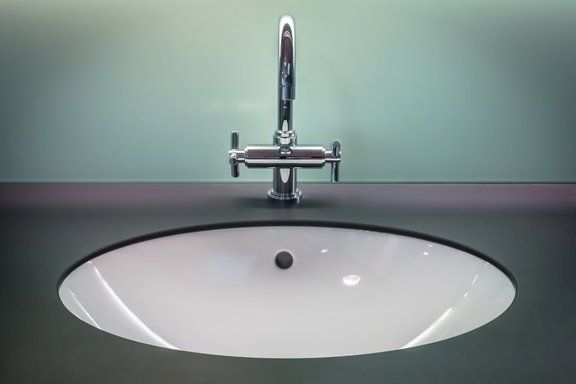 One of the most important do's for maintaining your kitchen sink drain is to regularly clean it. This means removing any debris, food scraps, or other materials that may have accumulated in the drain.
This is especially important if you have a garbage disposal, as leftover food particles can easily clog the drain and cause unpleasant odors.
To clean your drain, start by removing any large pieces of debris with your hands or a paper towel. Then, pour a mixture of hot water and dish soap down the drain and let it sit for a few minutes before flushing it with hot water. You can also use a small brush or toothbrush to scrub the sides of the drain for a deeper clean.
One of the most important do's for maintaining your kitchen sink drain is to regularly clean it. This means removing any debris, food scraps, or other materials that may have accumulated in the drain.
This is especially important if you have a garbage disposal, as leftover food particles can easily clog the drain and cause unpleasant odors.
To clean your drain, start by removing any large pieces of debris with your hands or a paper towel. Then, pour a mixture of hot water and dish soap down the drain and let it sit for a few minutes before flushing it with hot water. You can also use a small brush or toothbrush to scrub the sides of the drain for a deeper clean.
Don't Pour Grease Down the Drain
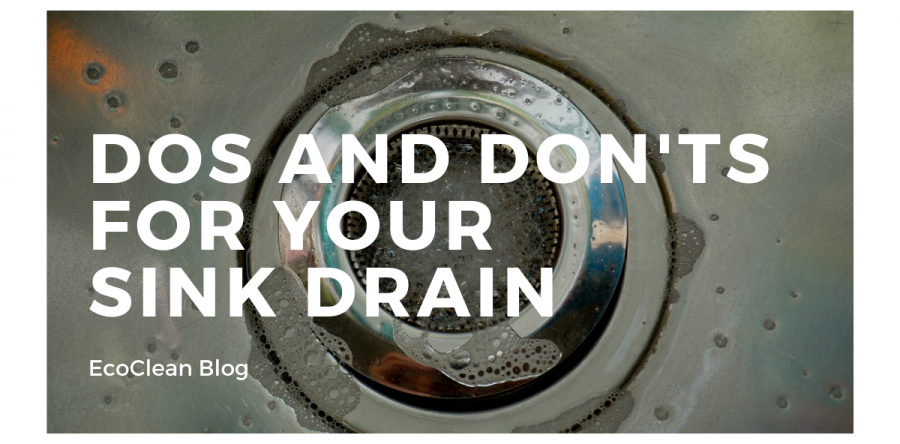 One of the biggest don'ts for maintaining your kitchen sink drain is pouring grease down it.
Grease may seem like a liquid when it's hot, but it solidifies as it cools and can easily clog your drain. Instead, pour grease into a heat-resistant container and let it cool before disposing of it in the trash. You can also use a paper towel to wipe out any leftover grease in your pans before washing them in the sink.
One of the biggest don'ts for maintaining your kitchen sink drain is pouring grease down it.
Grease may seem like a liquid when it's hot, but it solidifies as it cools and can easily clog your drain. Instead, pour grease into a heat-resistant container and let it cool before disposing of it in the trash. You can also use a paper towel to wipe out any leftover grease in your pans before washing them in the sink.
Do Use a Drain Strainer
 Another helpful tip for maintaining your kitchen sink drain is to use a drain strainer. These small mesh screens fit over your drain and catch any food scraps or debris before they have a chance to go down the drain.
This is especially useful if you don't have a garbage disposal or have a septic tank, as it can prevent clogs and potential damage to your plumbing system.
Make sure to clean the strainer regularly to avoid buildup and maintain its effectiveness.
Another helpful tip for maintaining your kitchen sink drain is to use a drain strainer. These small mesh screens fit over your drain and catch any food scraps or debris before they have a chance to go down the drain.
This is especially useful if you don't have a garbage disposal or have a septic tank, as it can prevent clogs and potential damage to your plumbing system.
Make sure to clean the strainer regularly to avoid buildup and maintain its effectiveness.
Don't Use Harsh Chemicals
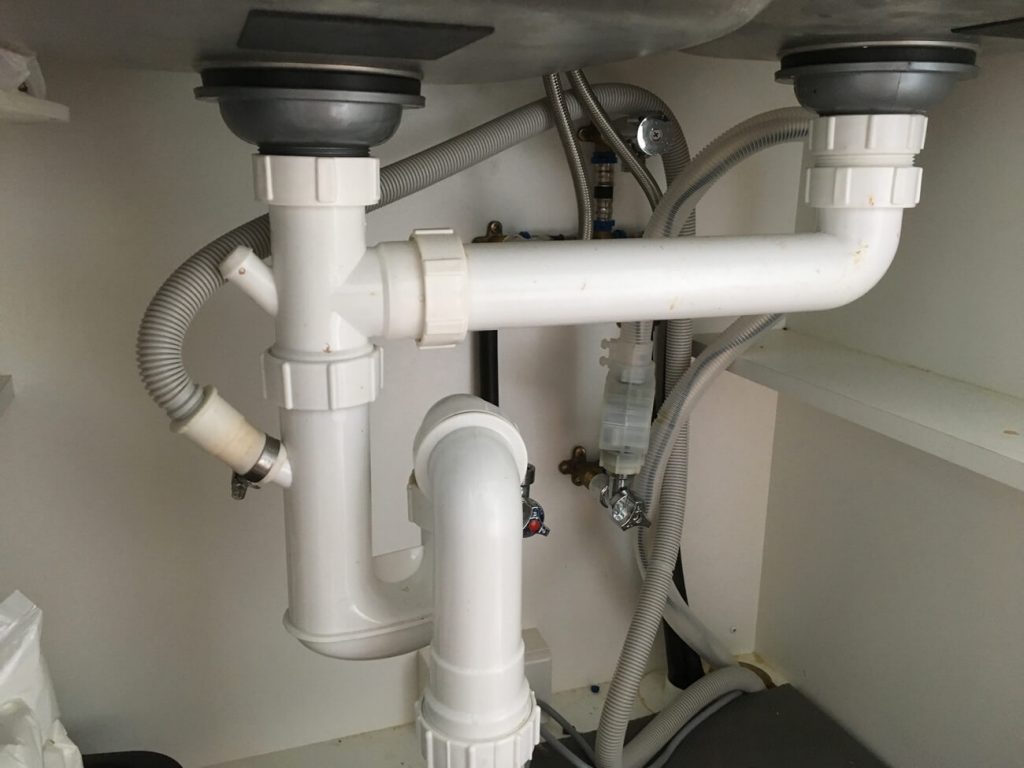 While it may be tempting to use harsh chemicals to clean and unclog your kitchen sink drain,
this can actually do more harm than good.
Chemical drain cleaners can damage your pipes and may not fully remove the clog, leading to a recurring issue. Instead, opt for natural cleaners like baking soda and vinegar, which can effectively break down and remove clogs without causing damage.
While it may be tempting to use harsh chemicals to clean and unclog your kitchen sink drain,
this can actually do more harm than good.
Chemical drain cleaners can damage your pipes and may not fully remove the clog, leading to a recurring issue. Instead, opt for natural cleaners like baking soda and vinegar, which can effectively break down and remove clogs without causing damage.
Do Schedule Professional Maintenance
 Even with regular cleaning and proper use, it's important to have your kitchen sink drain professionally maintained on a regular basis.
A licensed plumber can inspect your pipes, remove any buildup or clogs, and ensure that your drain is functioning properly.
This can help prevent major issues down the line and keep your kitchen sink drain in top condition.
By following these do's and don'ts for maintaining your kitchen sink drain, you can keep it functioning properly and avoid costly repairs in the future. Remember to regularly clean your drain, avoid pouring grease down it, use a drain strainer, avoid harsh chemicals, and schedule professional maintenance to keep your kitchen sink drain in top shape.
Even with regular cleaning and proper use, it's important to have your kitchen sink drain professionally maintained on a regular basis.
A licensed plumber can inspect your pipes, remove any buildup or clogs, and ensure that your drain is functioning properly.
This can help prevent major issues down the line and keep your kitchen sink drain in top condition.
By following these do's and don'ts for maintaining your kitchen sink drain, you can keep it functioning properly and avoid costly repairs in the future. Remember to regularly clean your drain, avoid pouring grease down it, use a drain strainer, avoid harsh chemicals, and schedule professional maintenance to keep your kitchen sink drain in top shape.



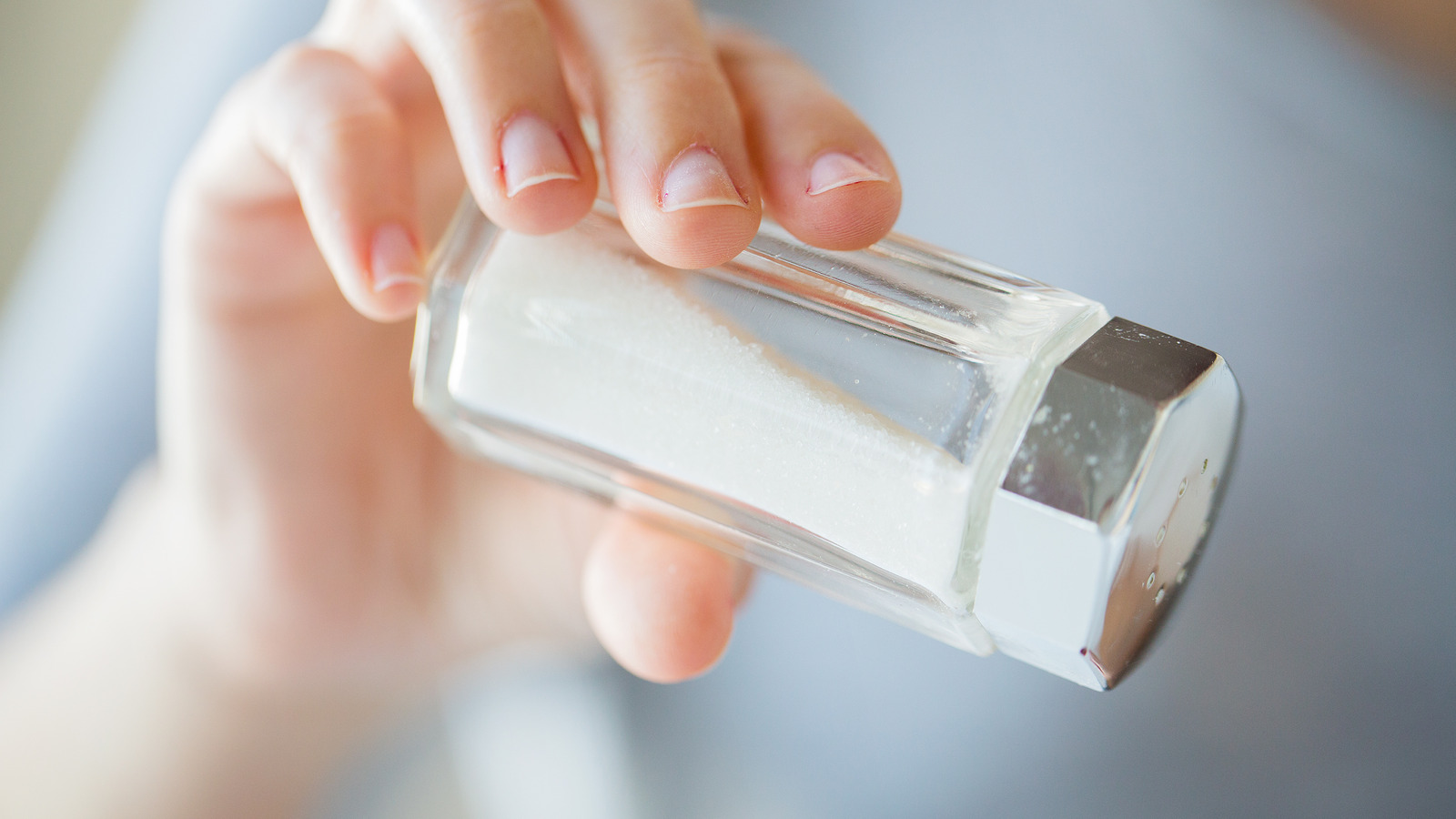
:max_bytes(150000):strip_icc()/freshen-and-unclog-drain-with-baking-soda-1900466-18-1a5b5da01939471ca8f8823865bd1ce8.jpg)




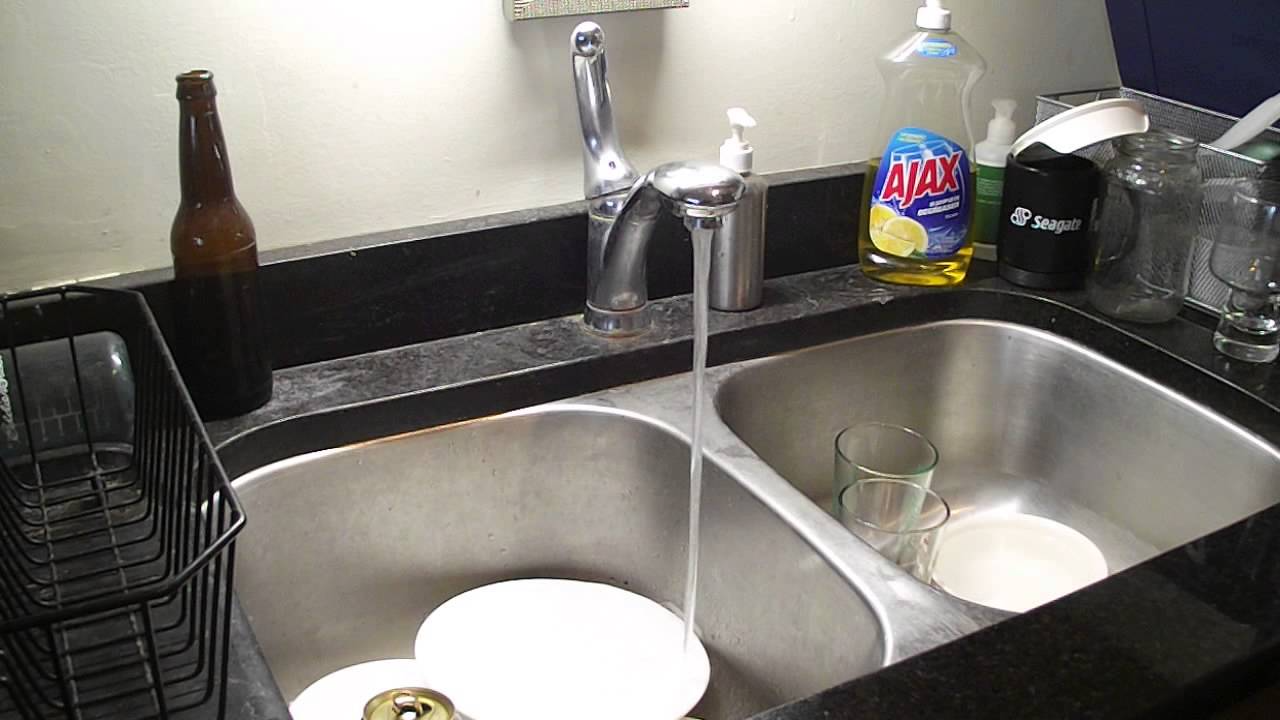



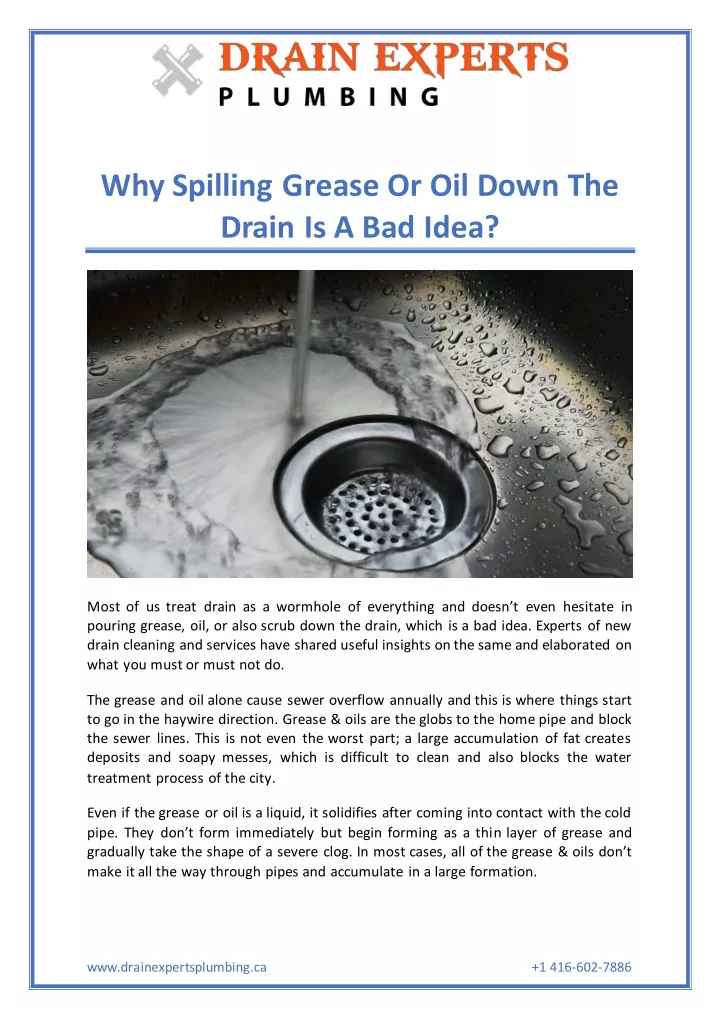



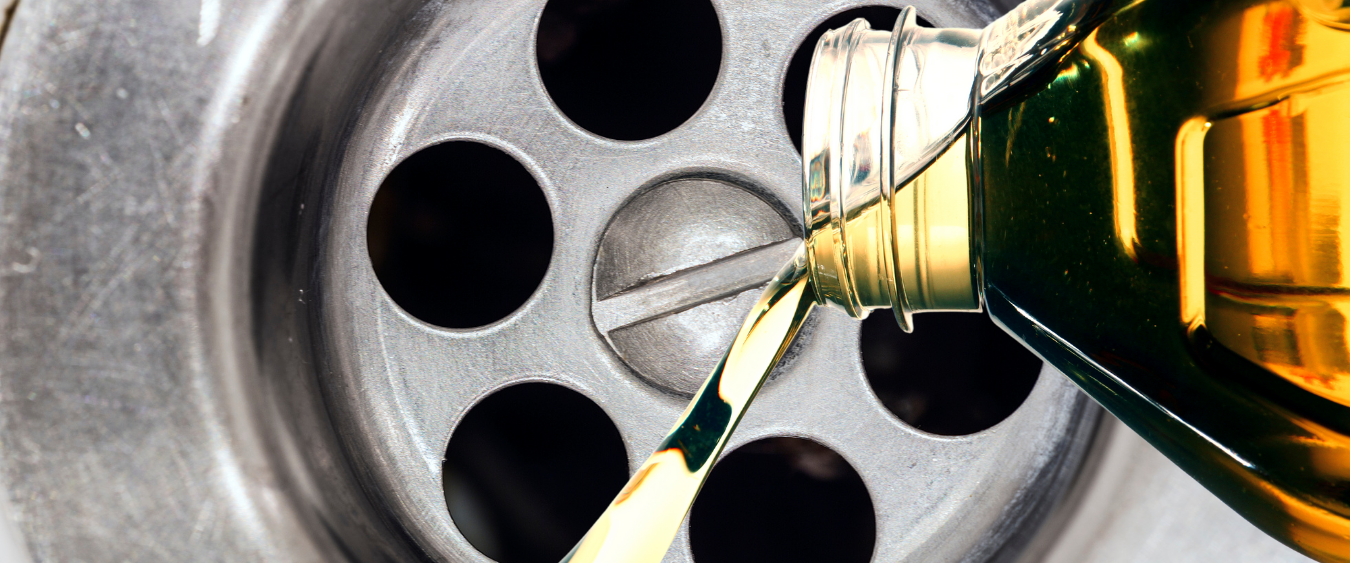



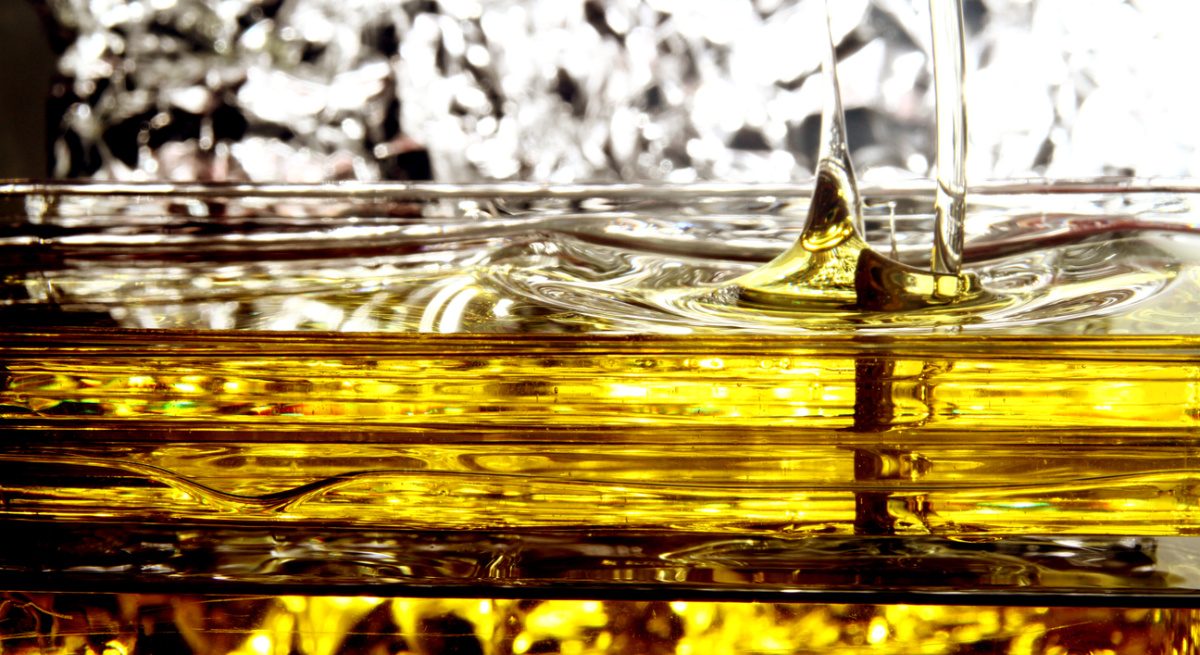

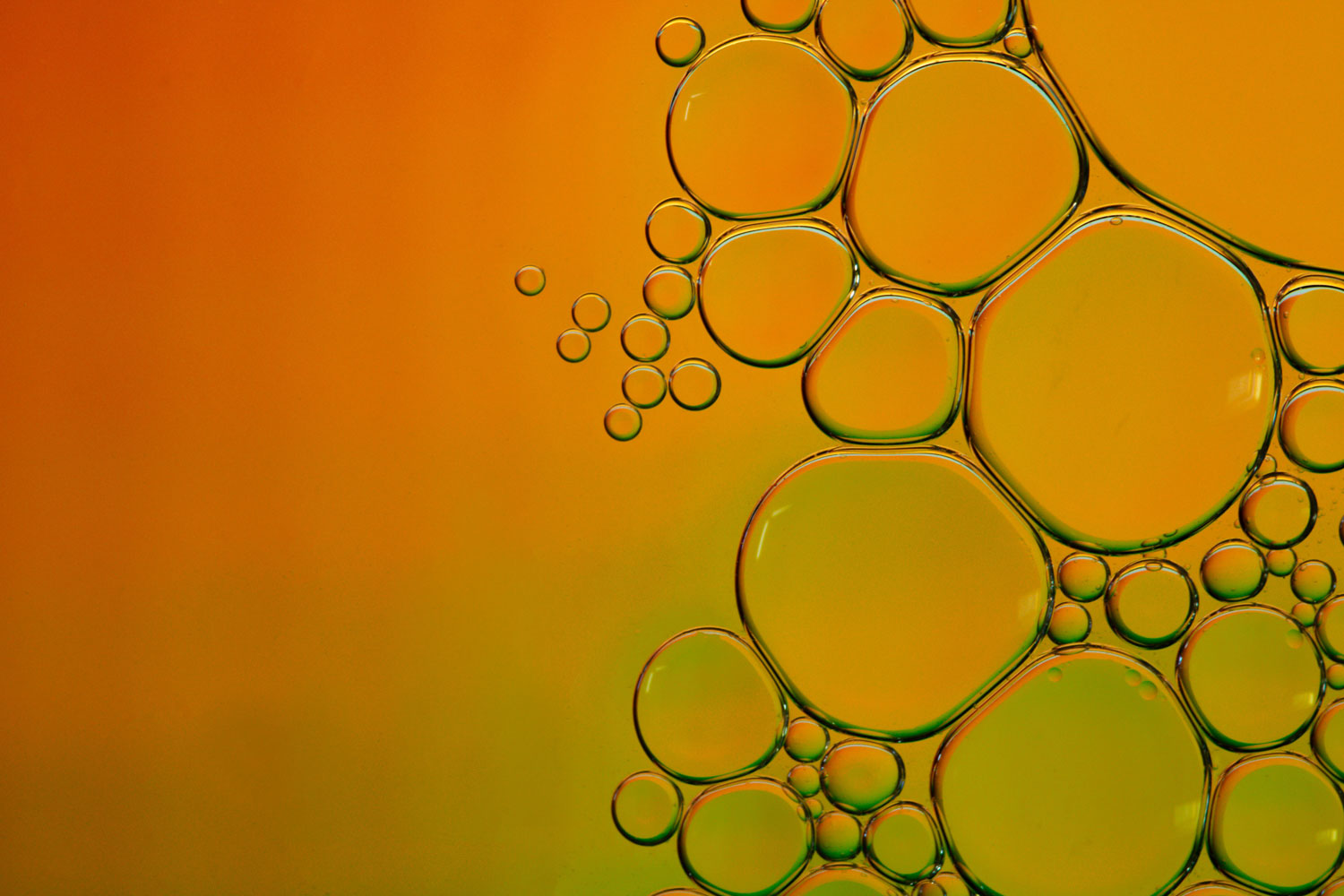
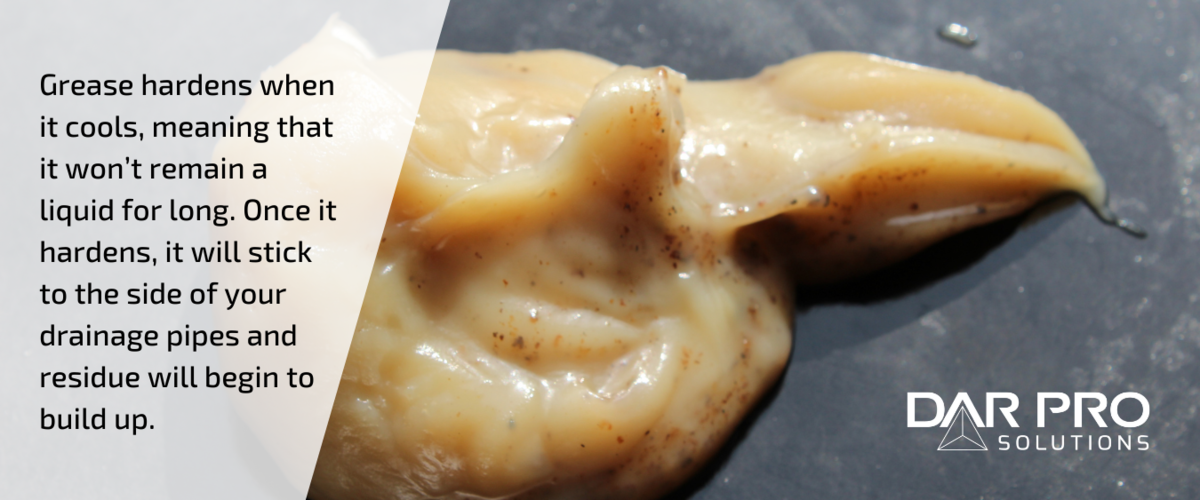

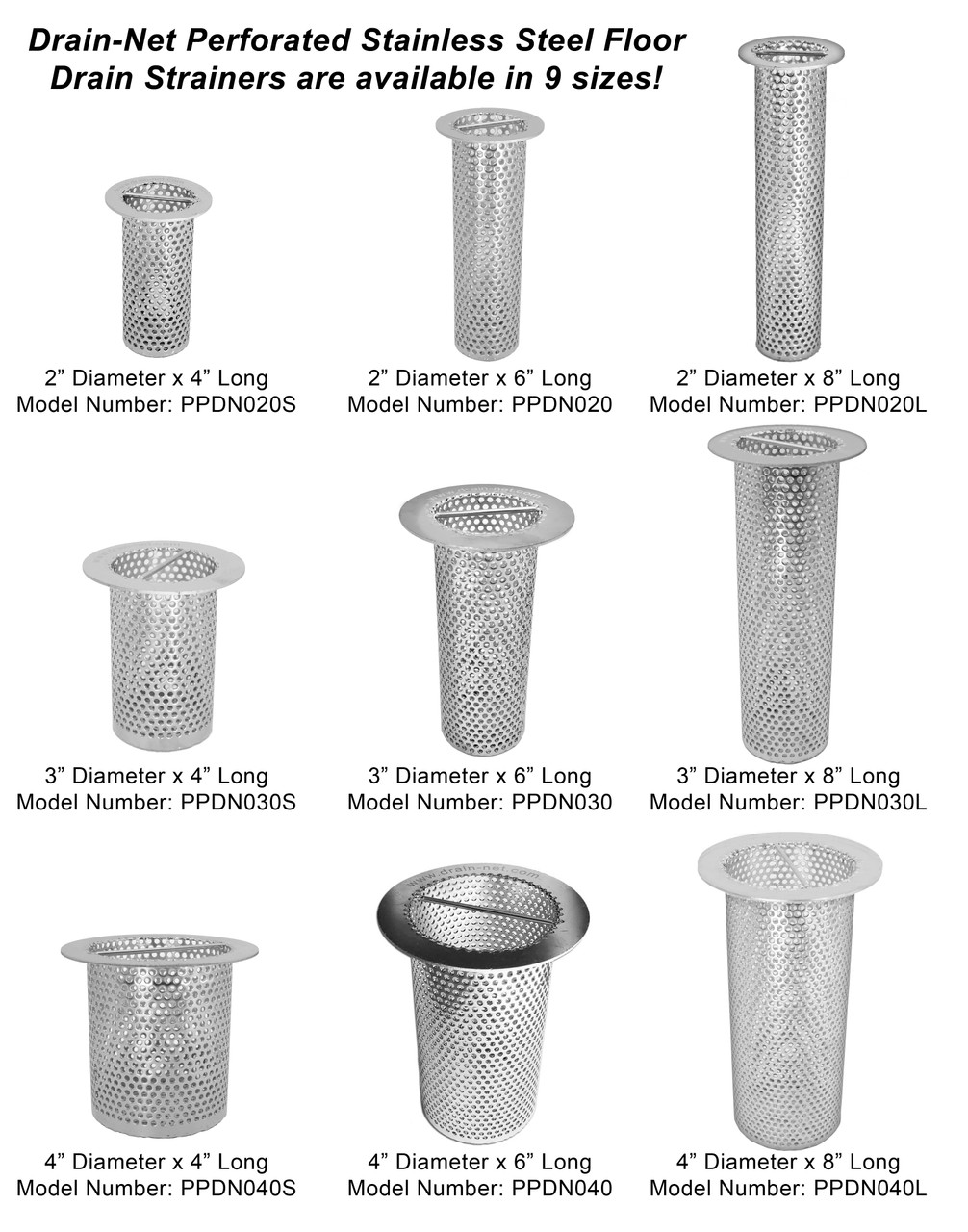
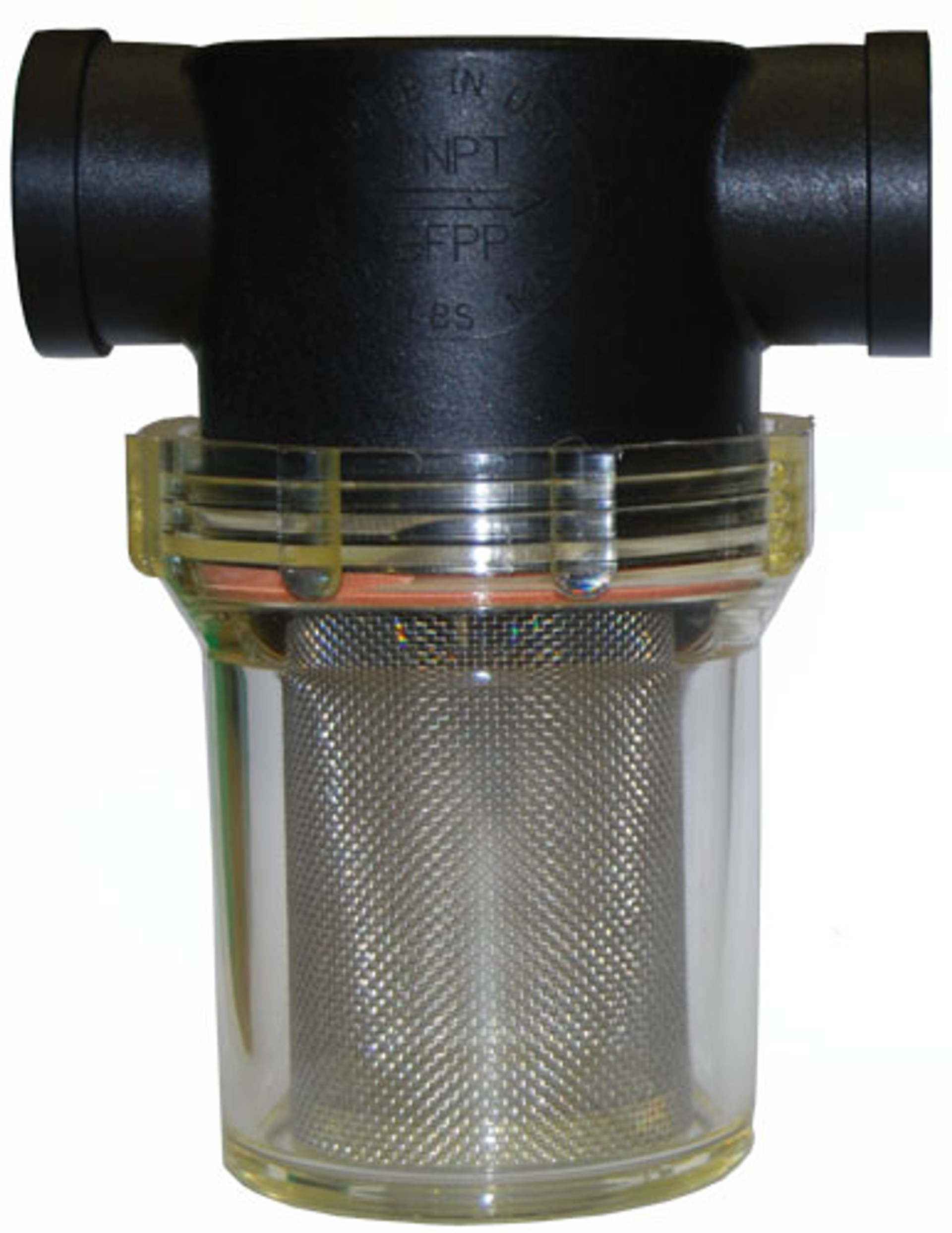

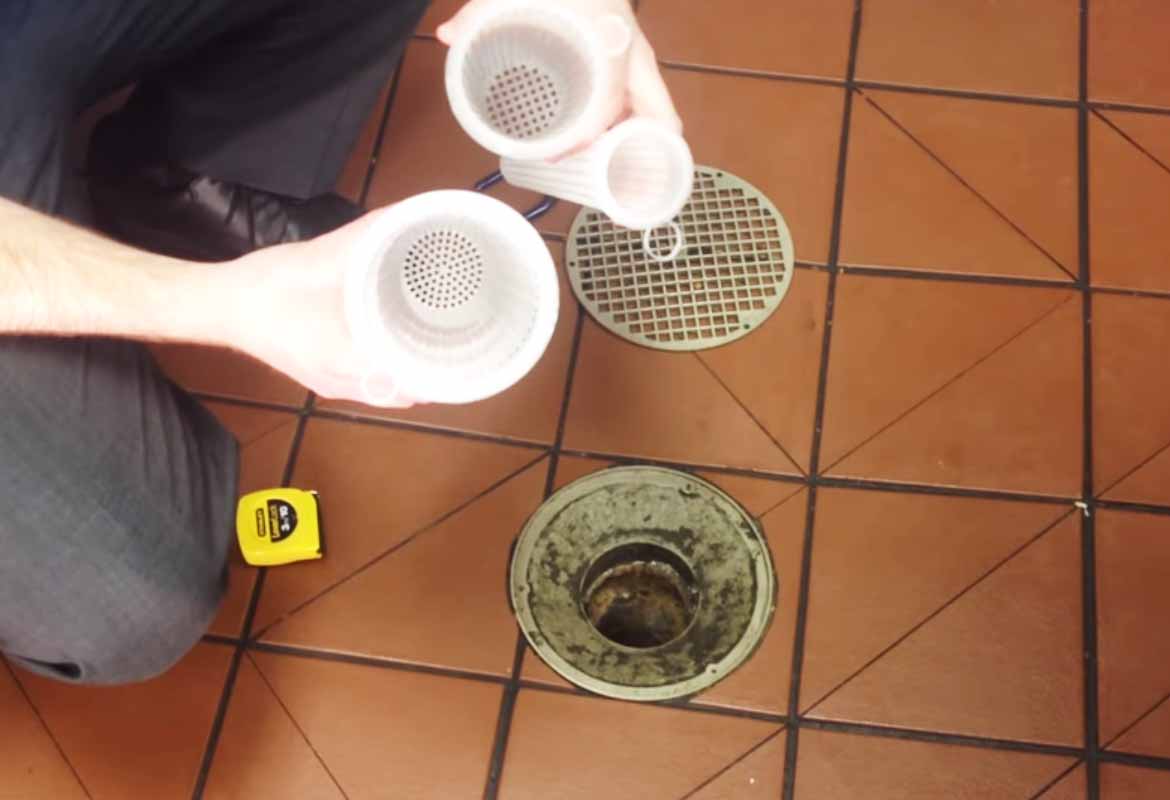
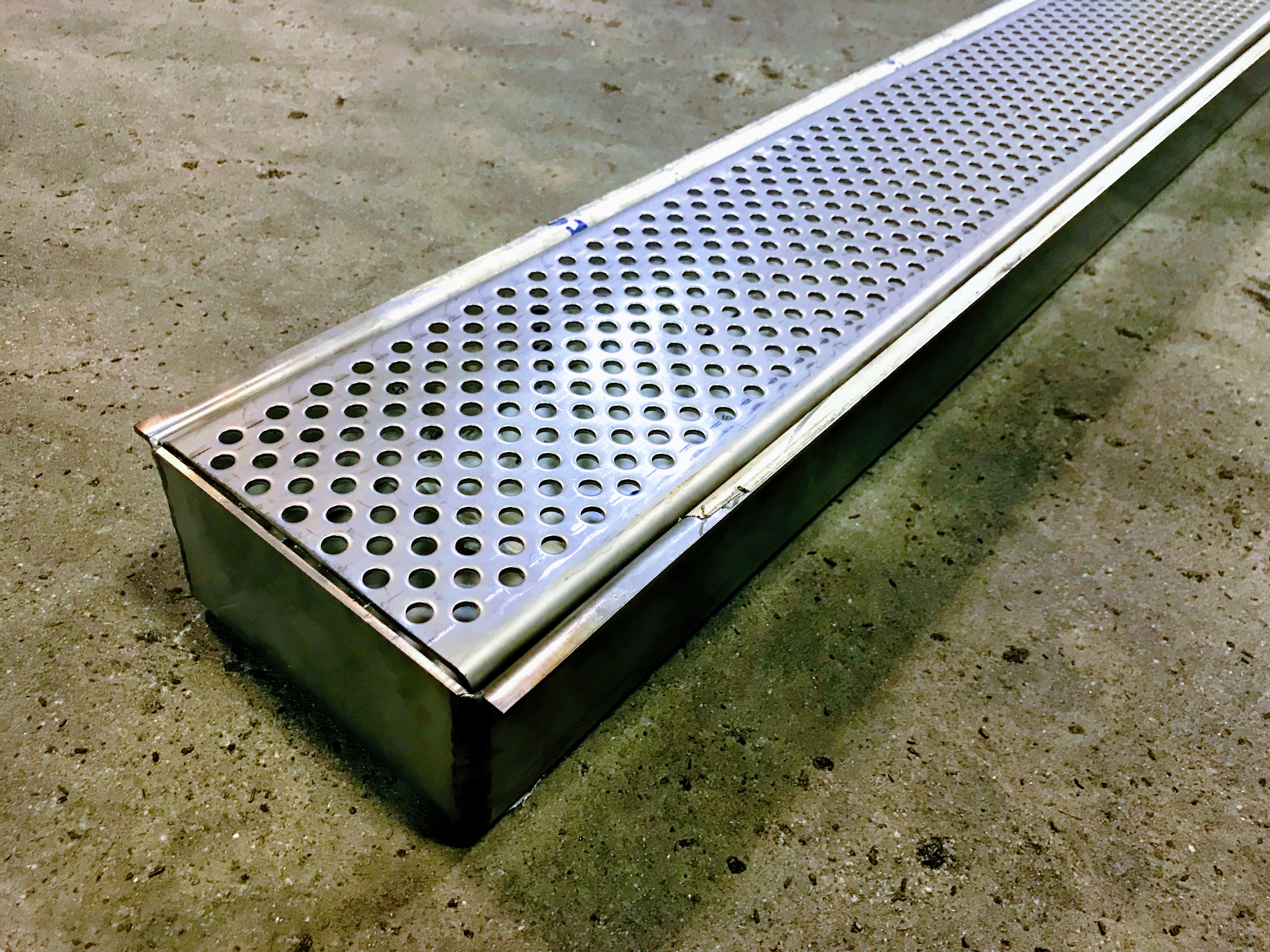






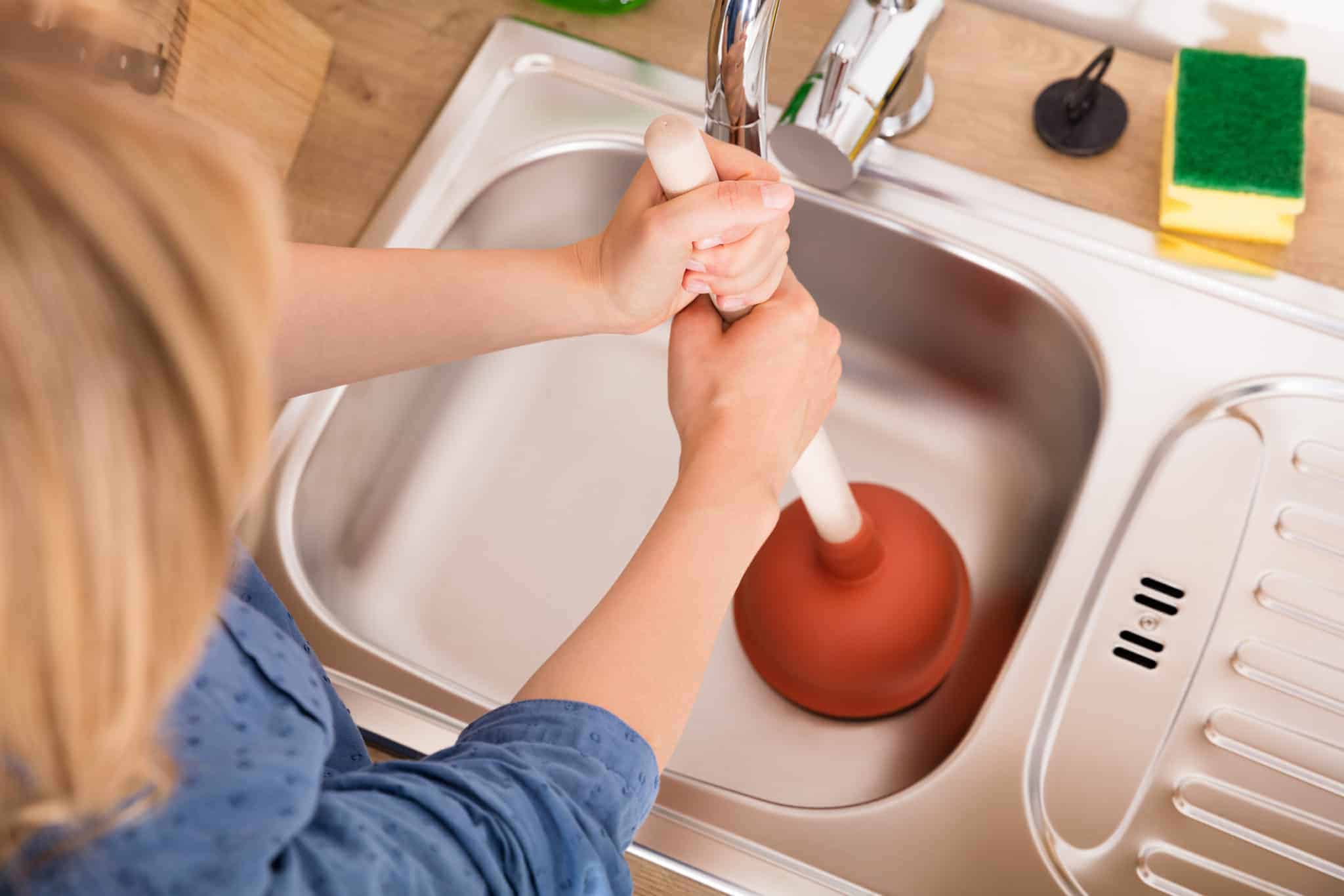








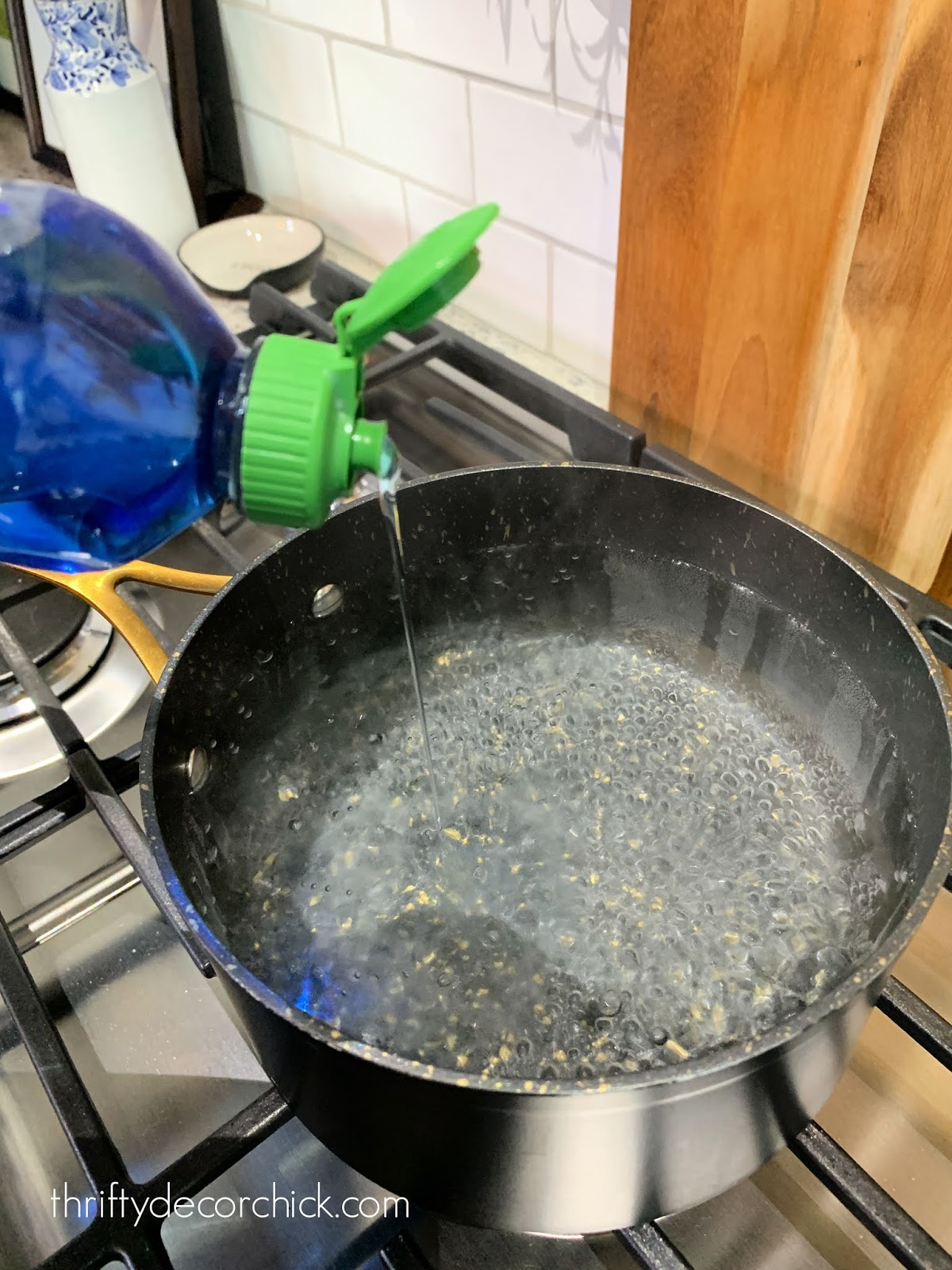
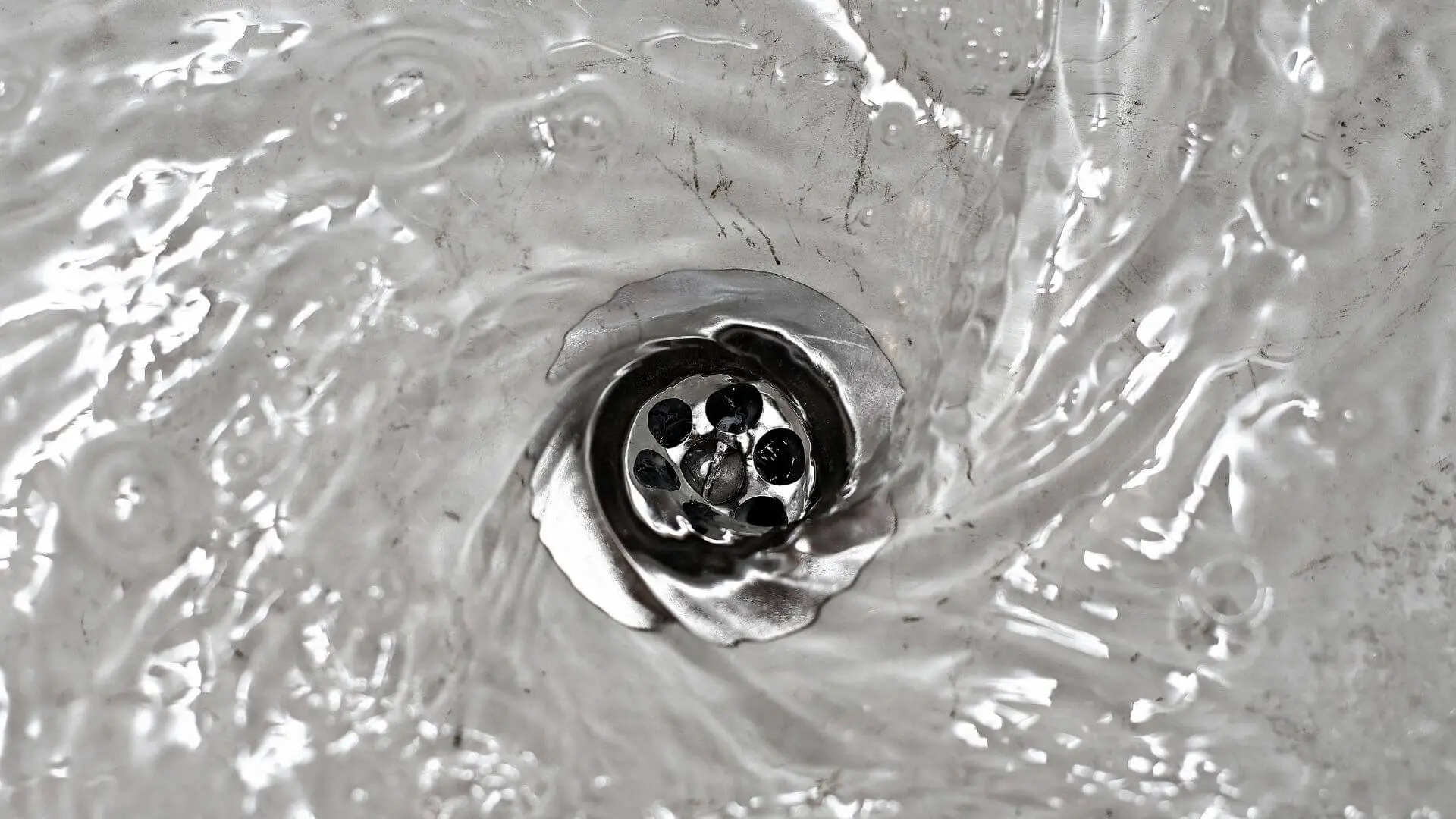



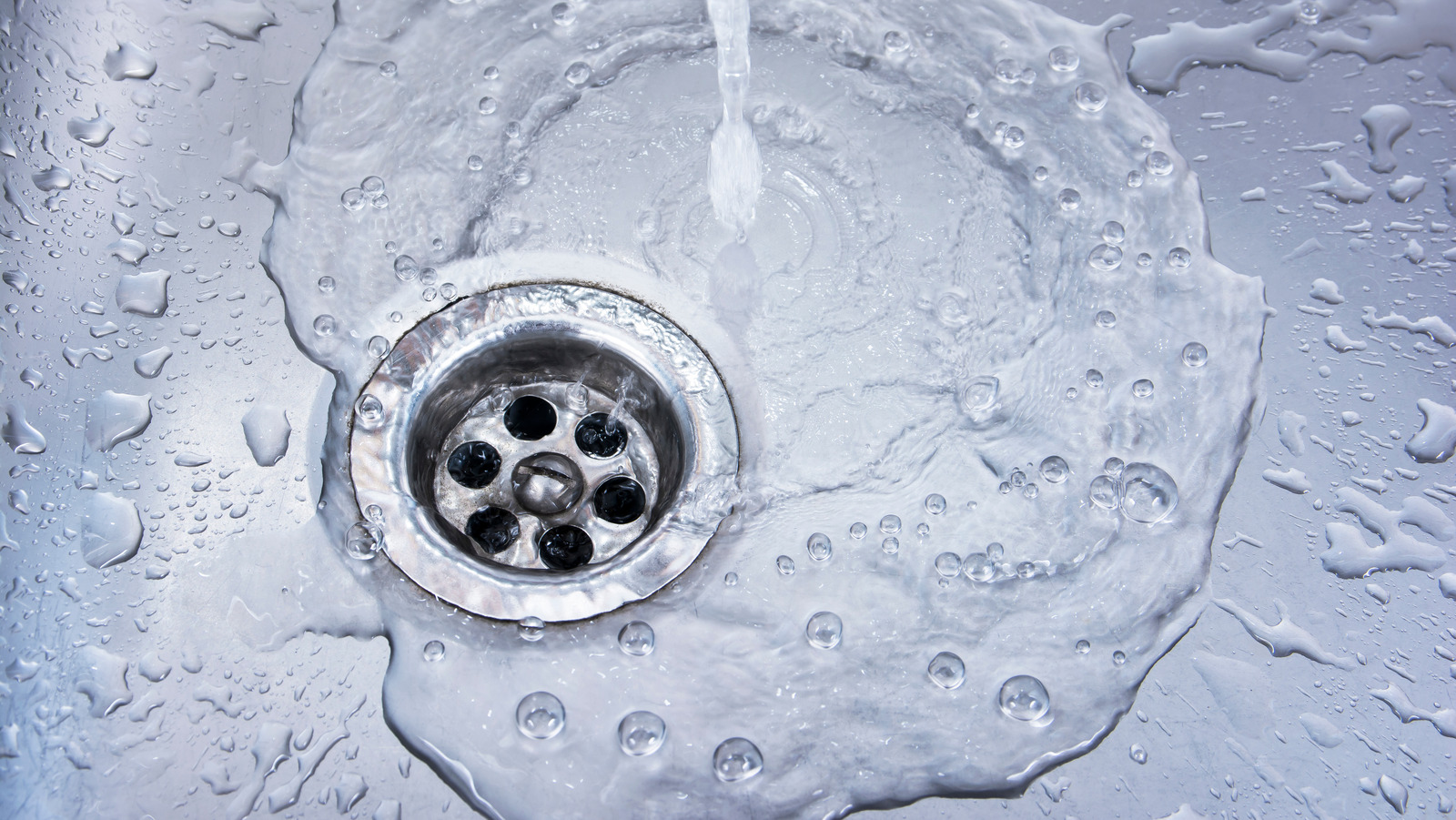

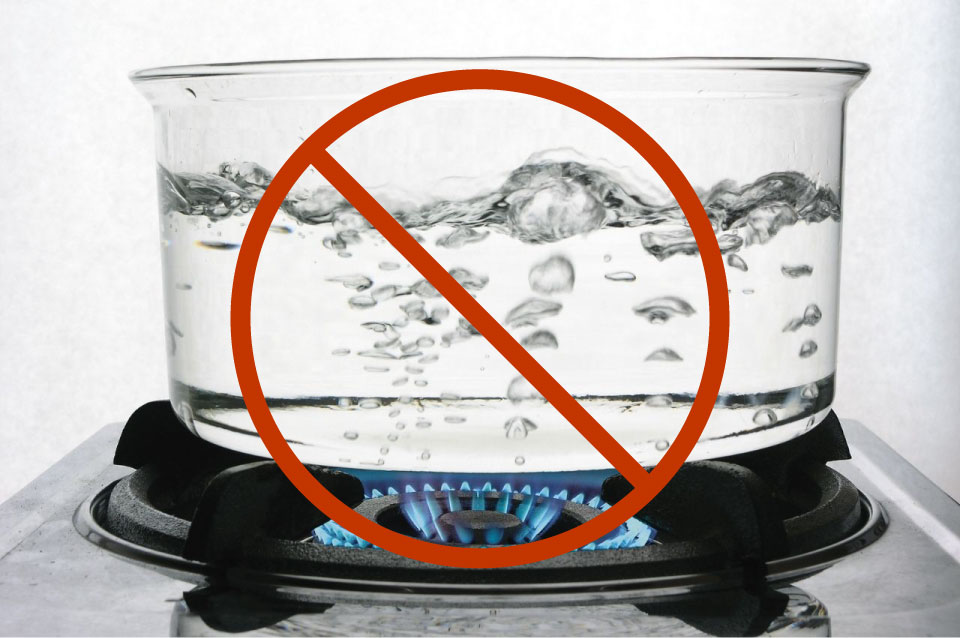





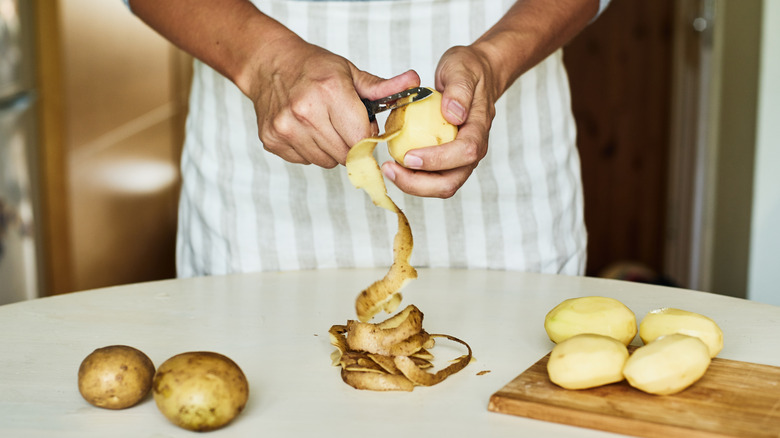
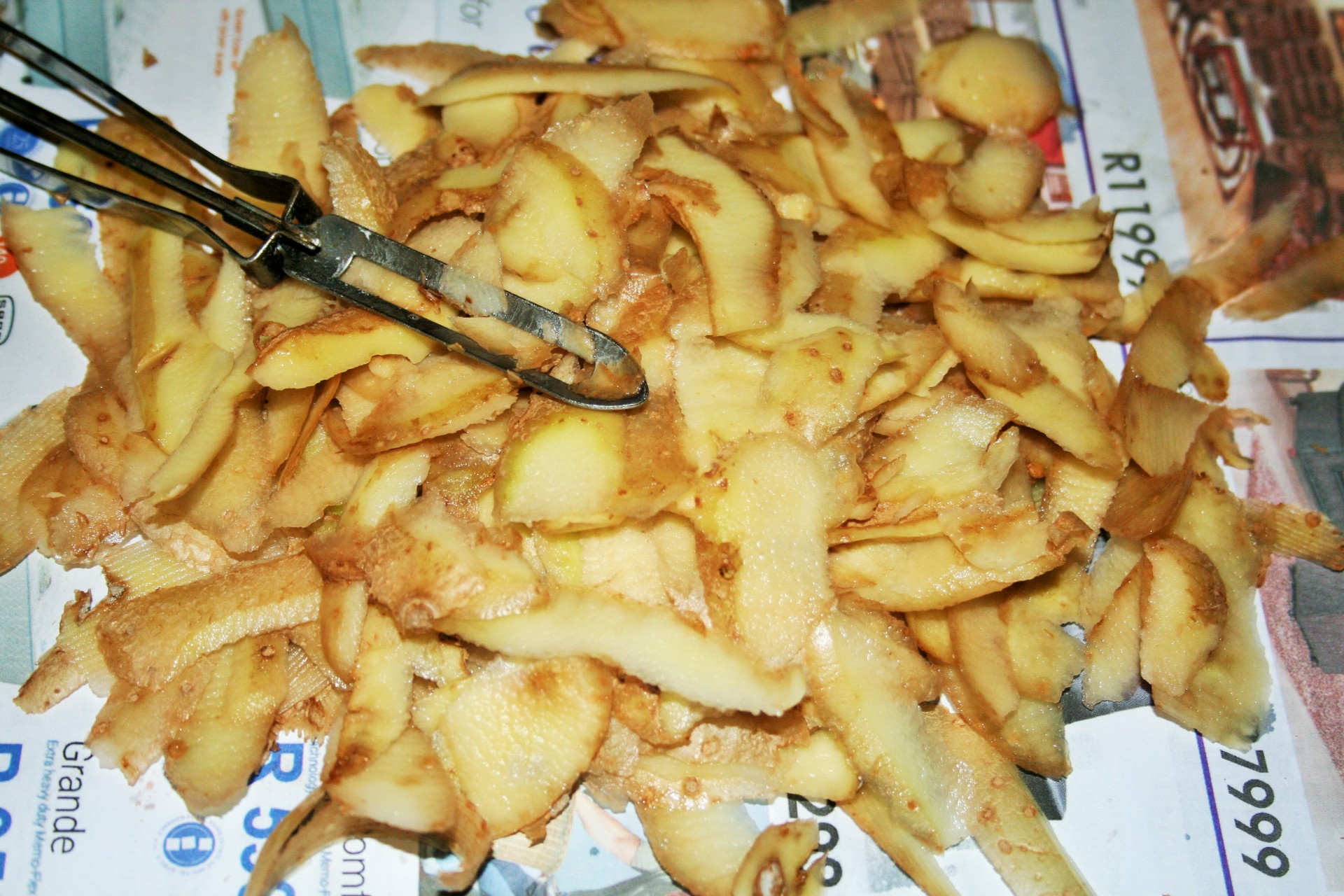


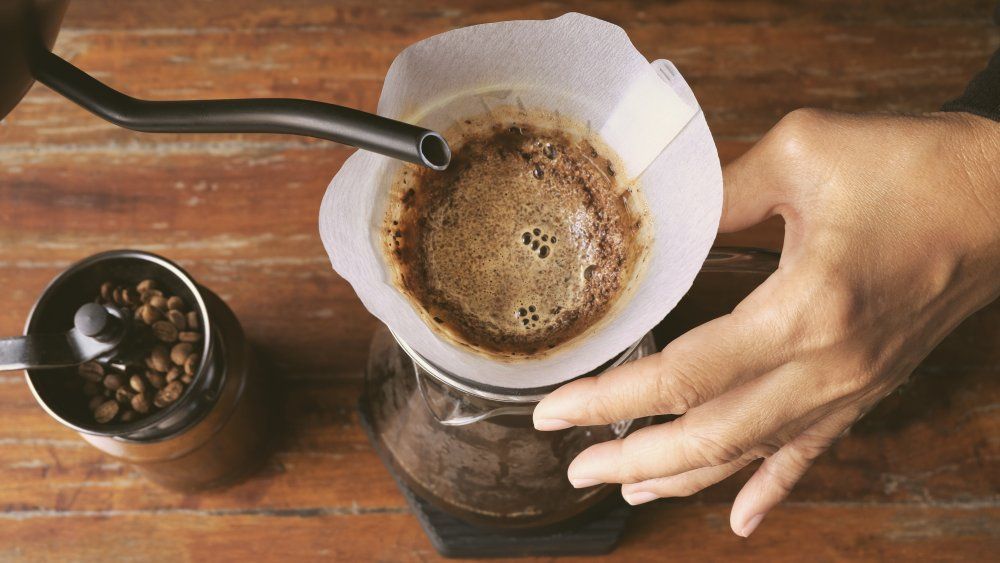
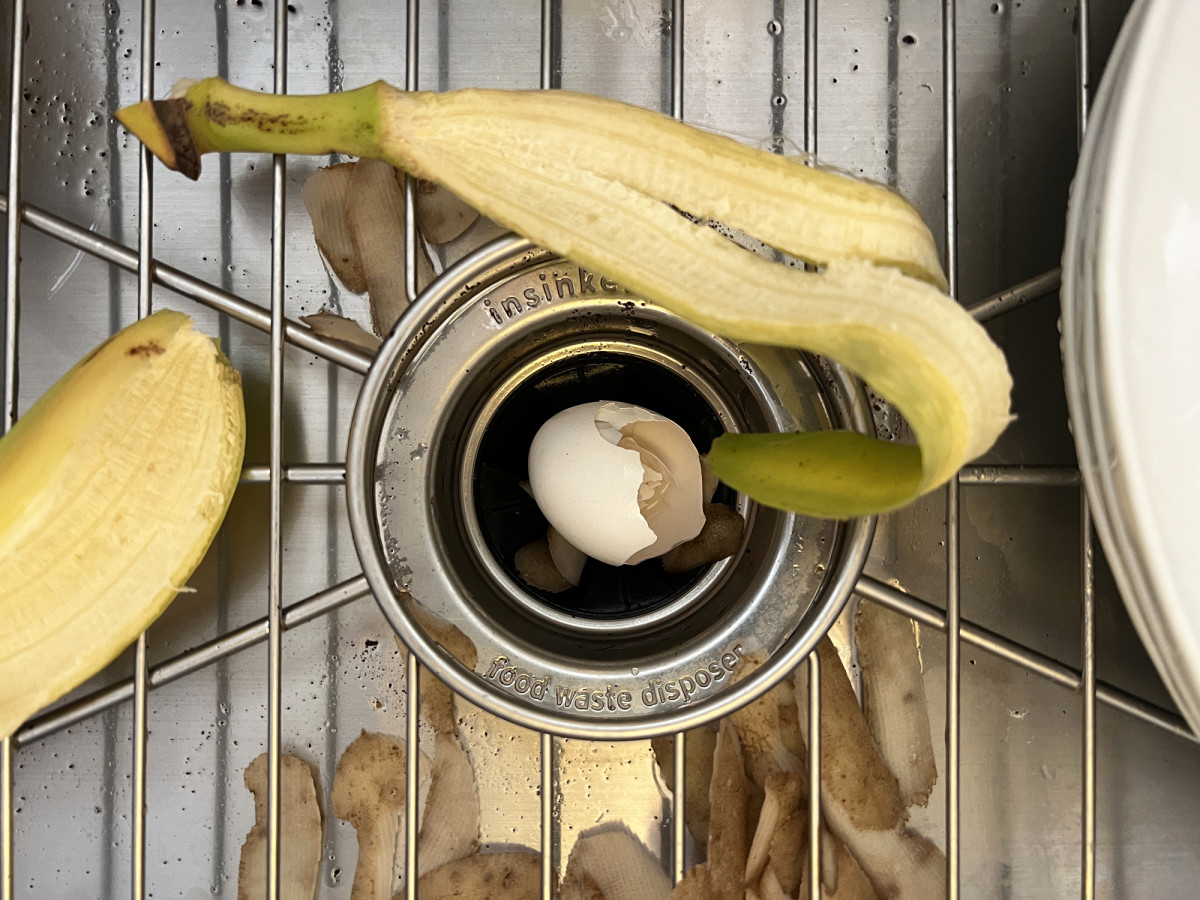
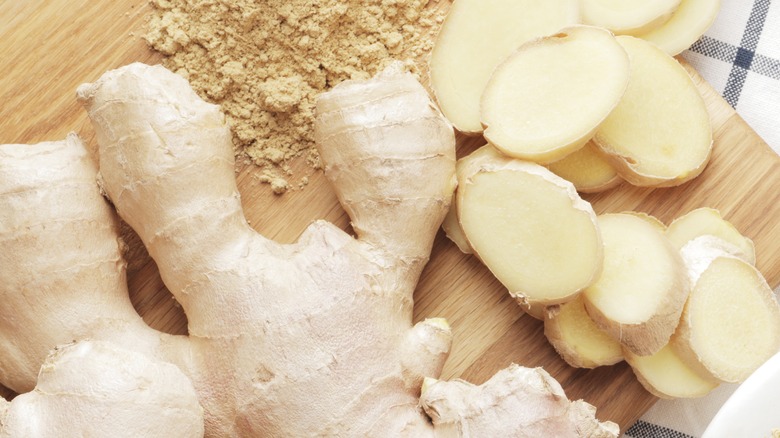



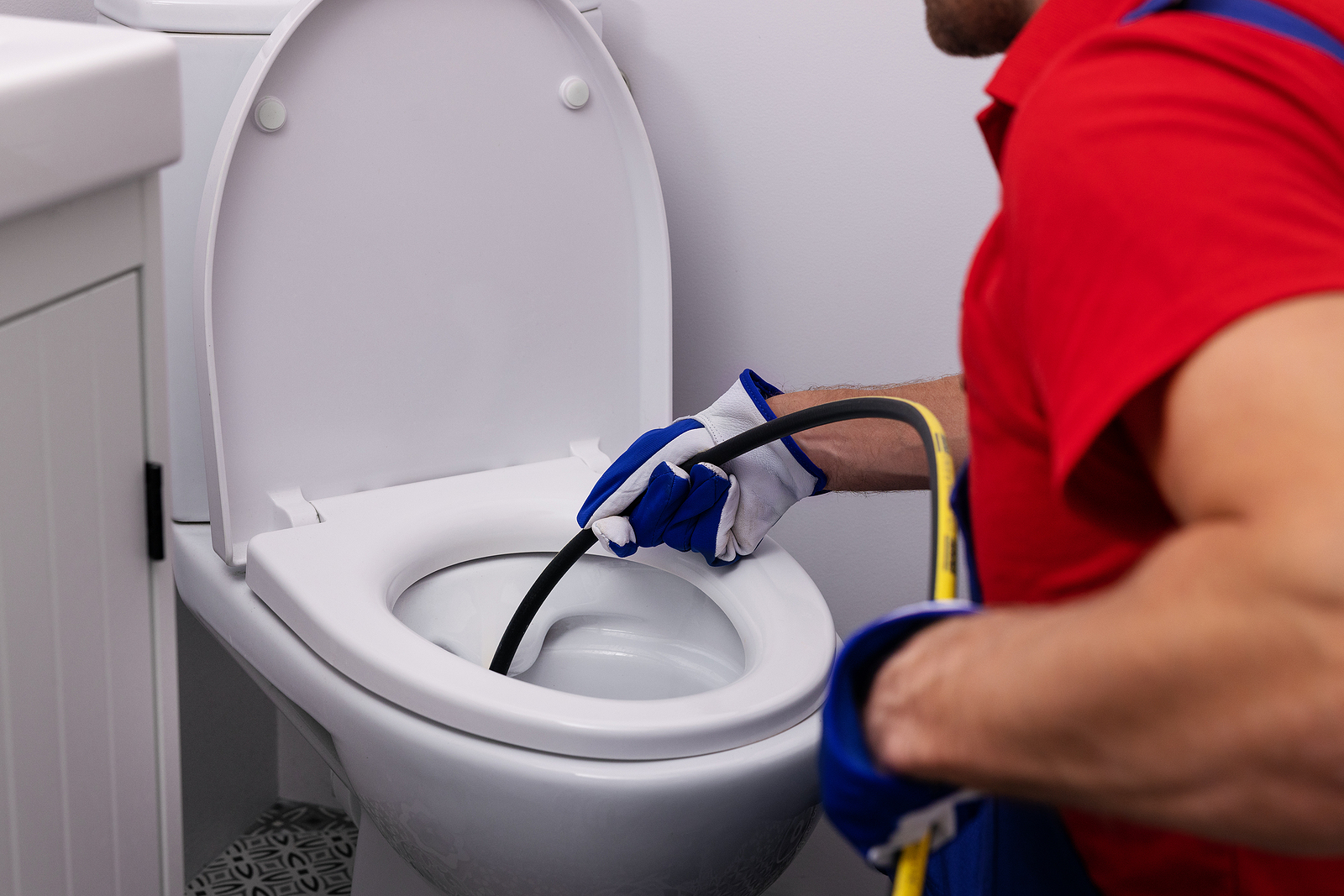
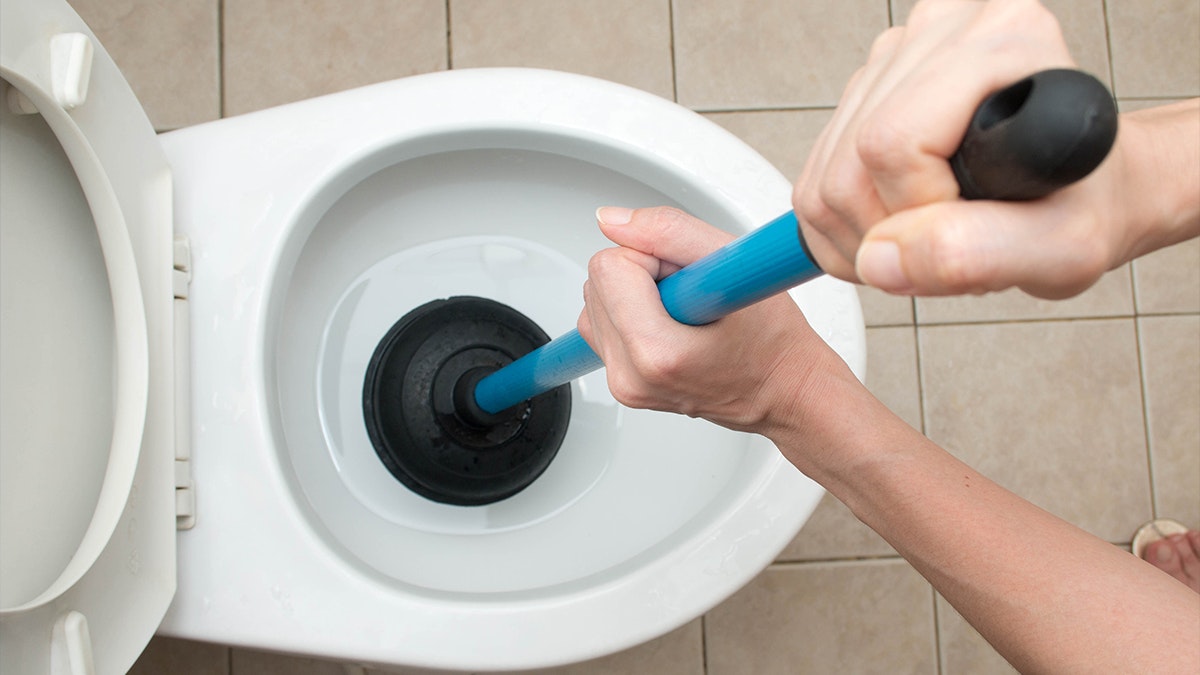
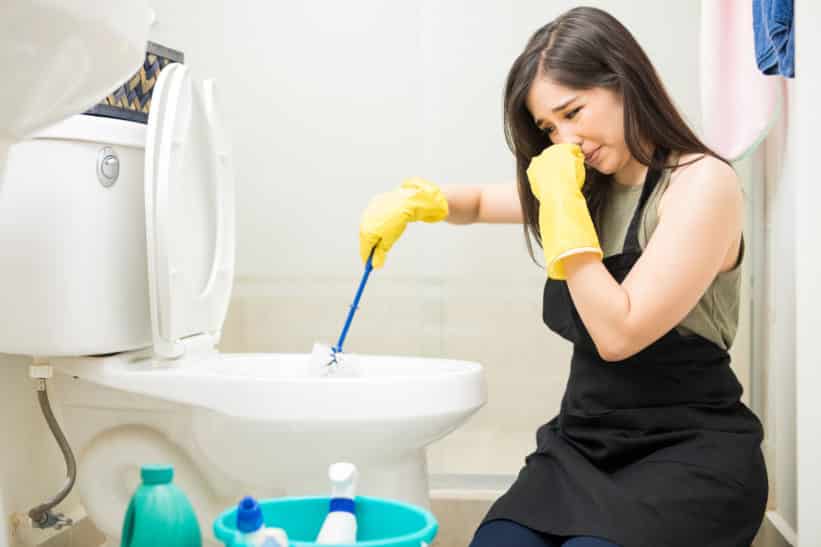



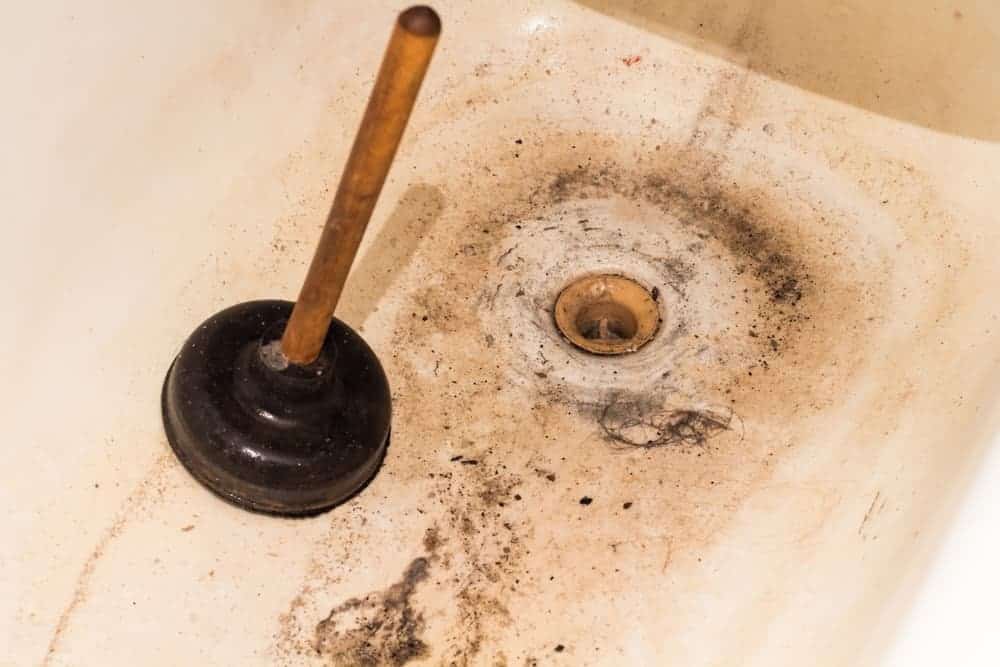
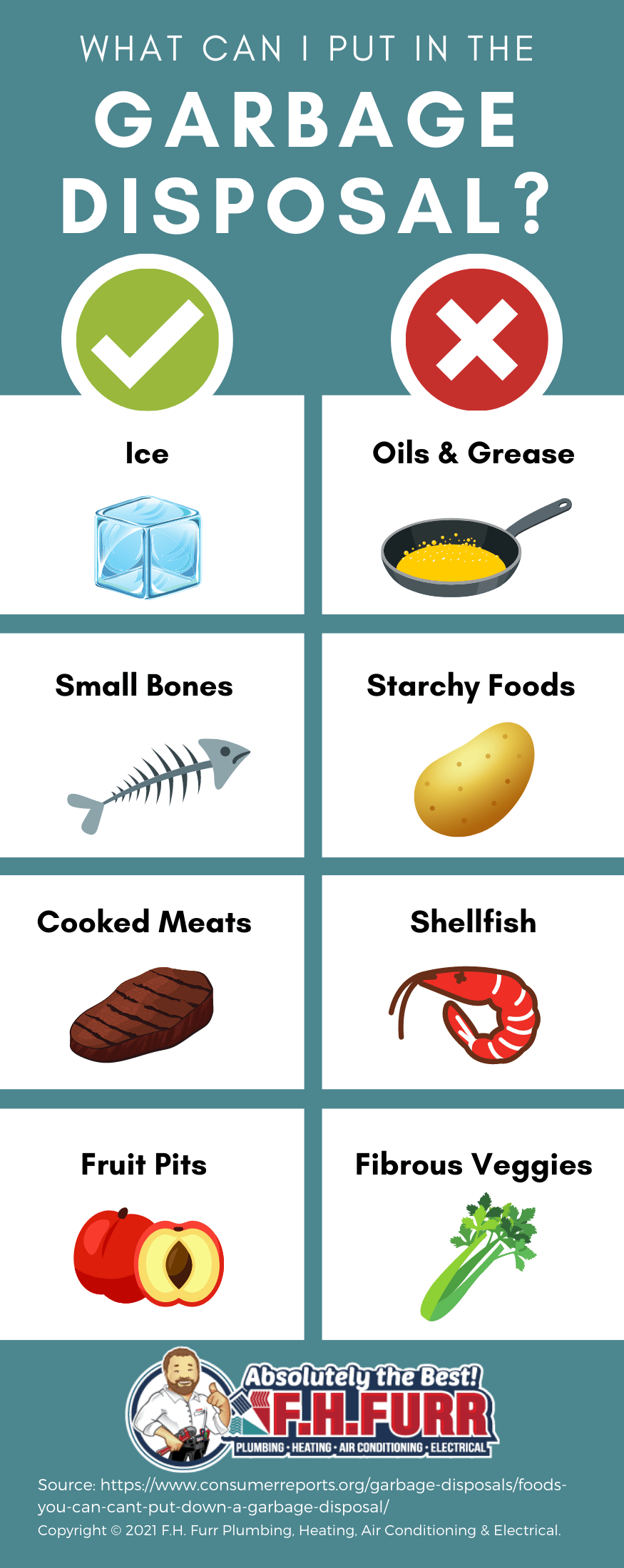


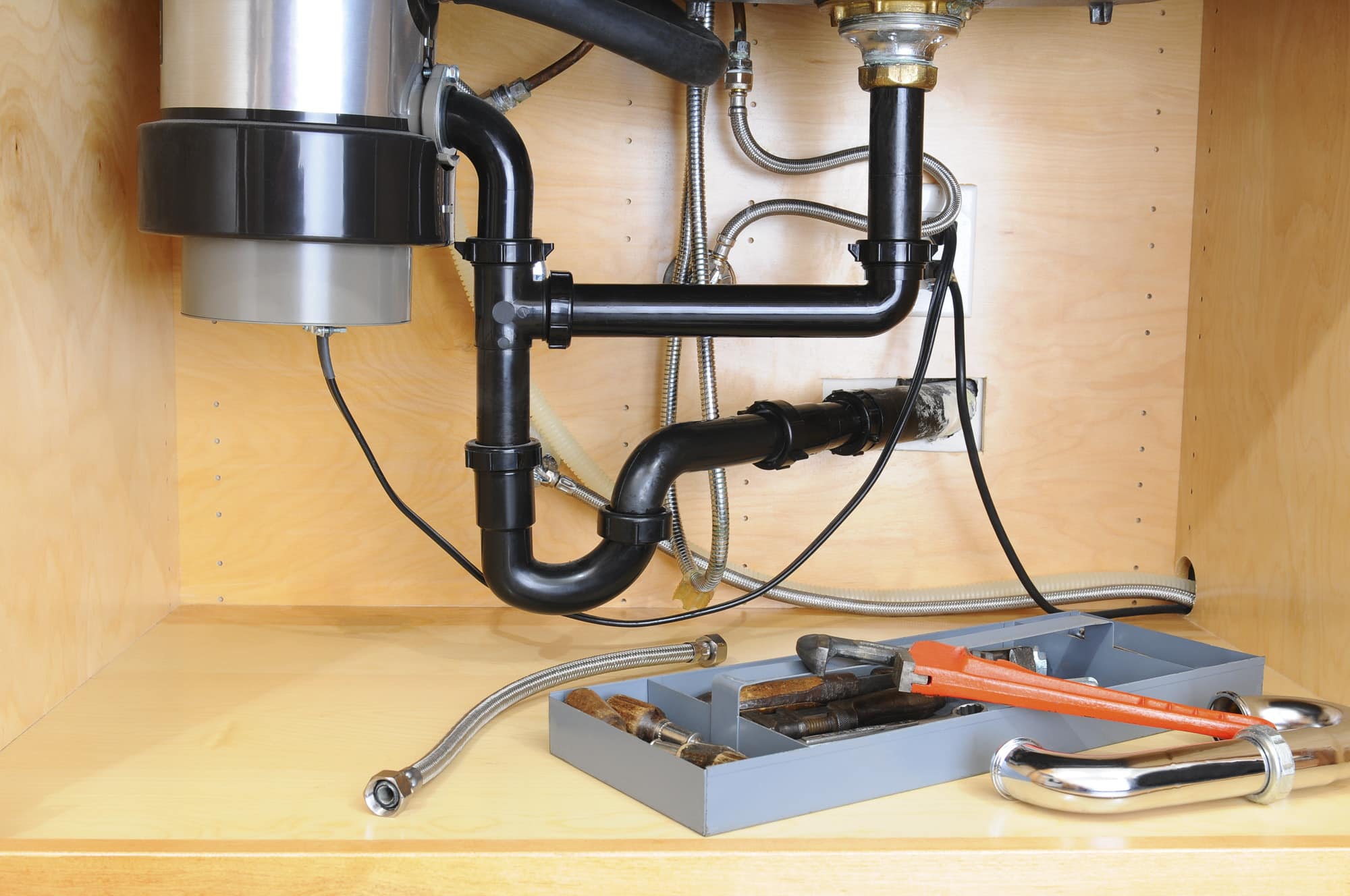

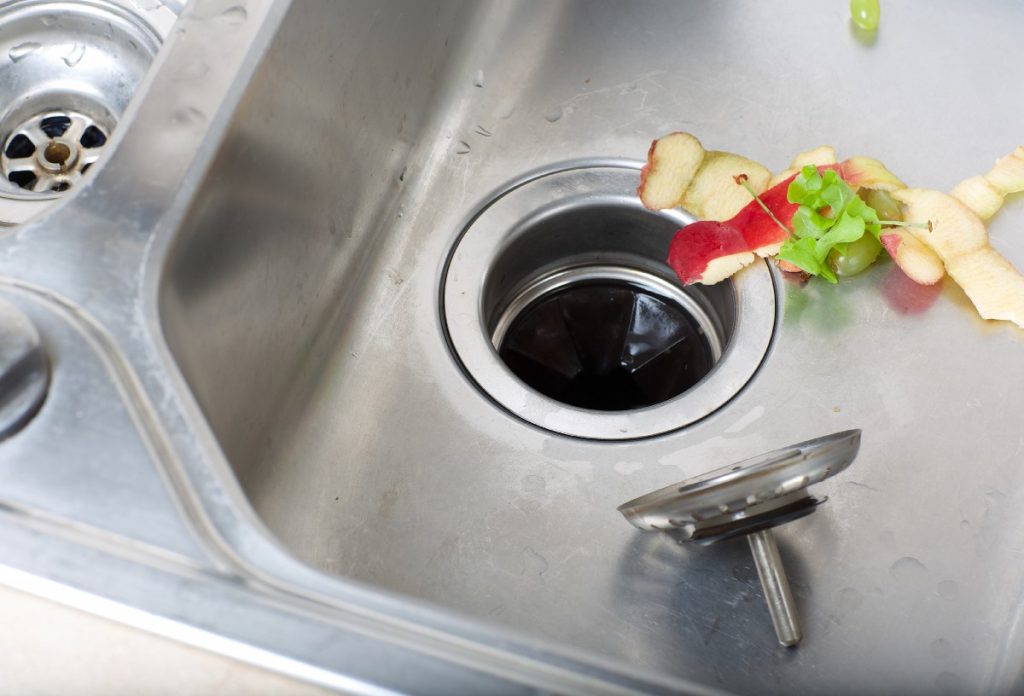
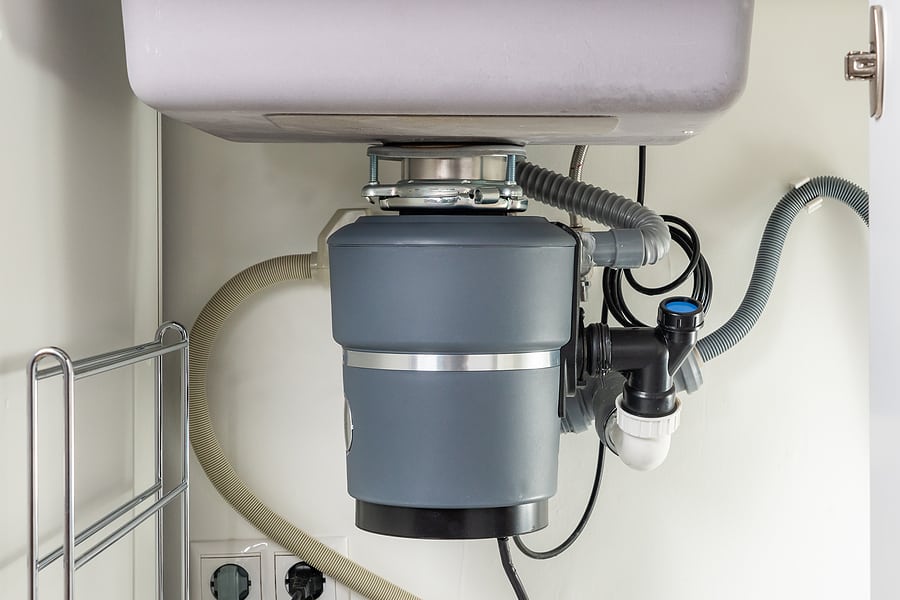


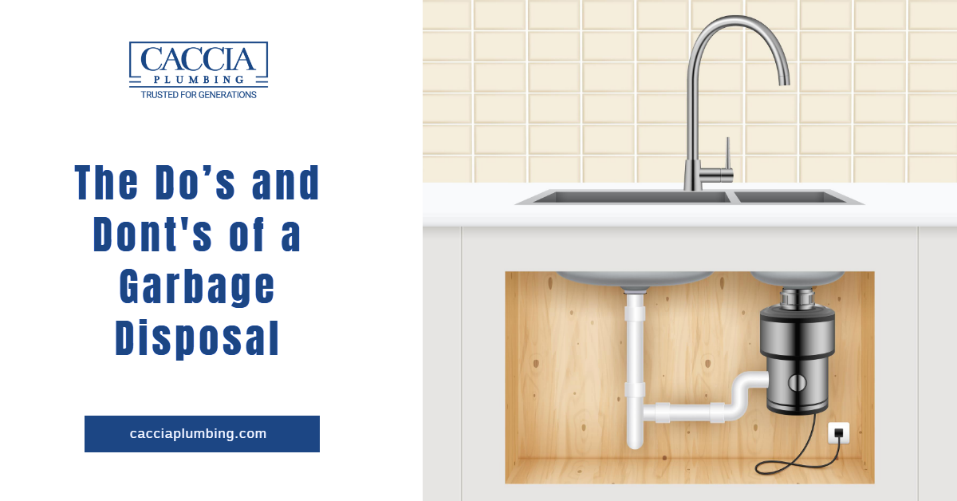


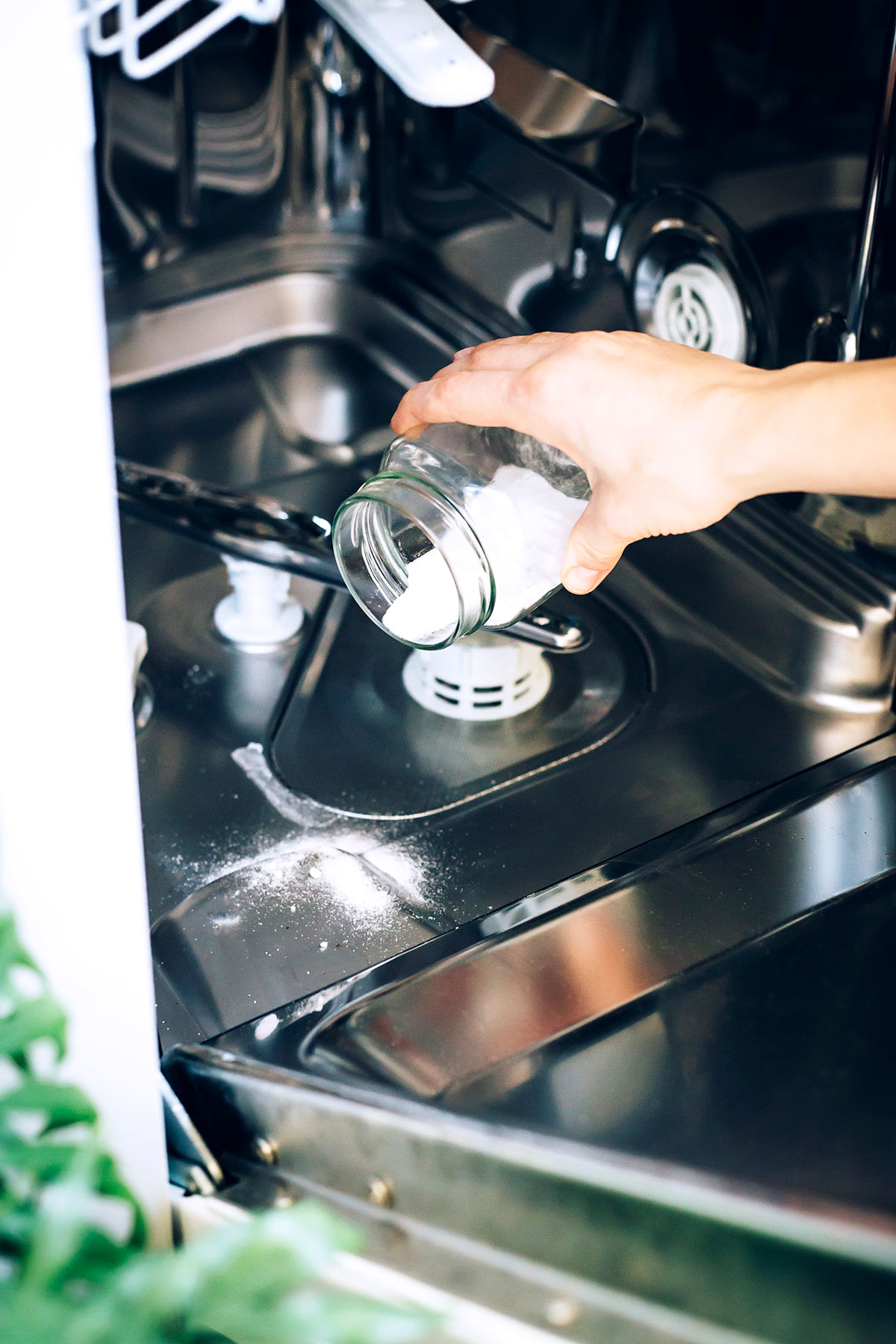
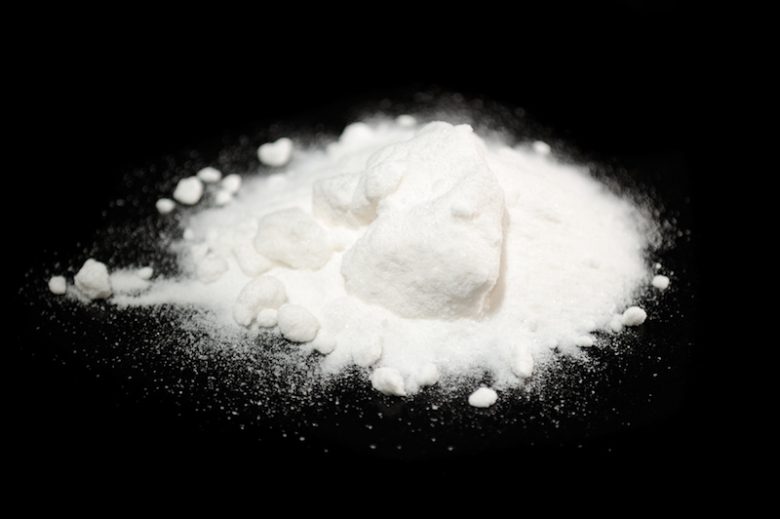

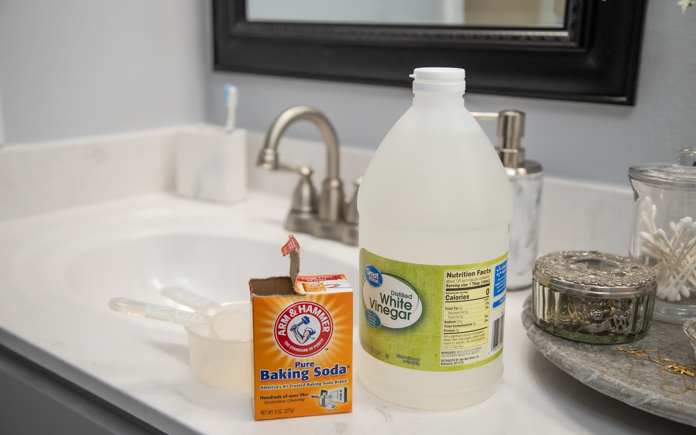
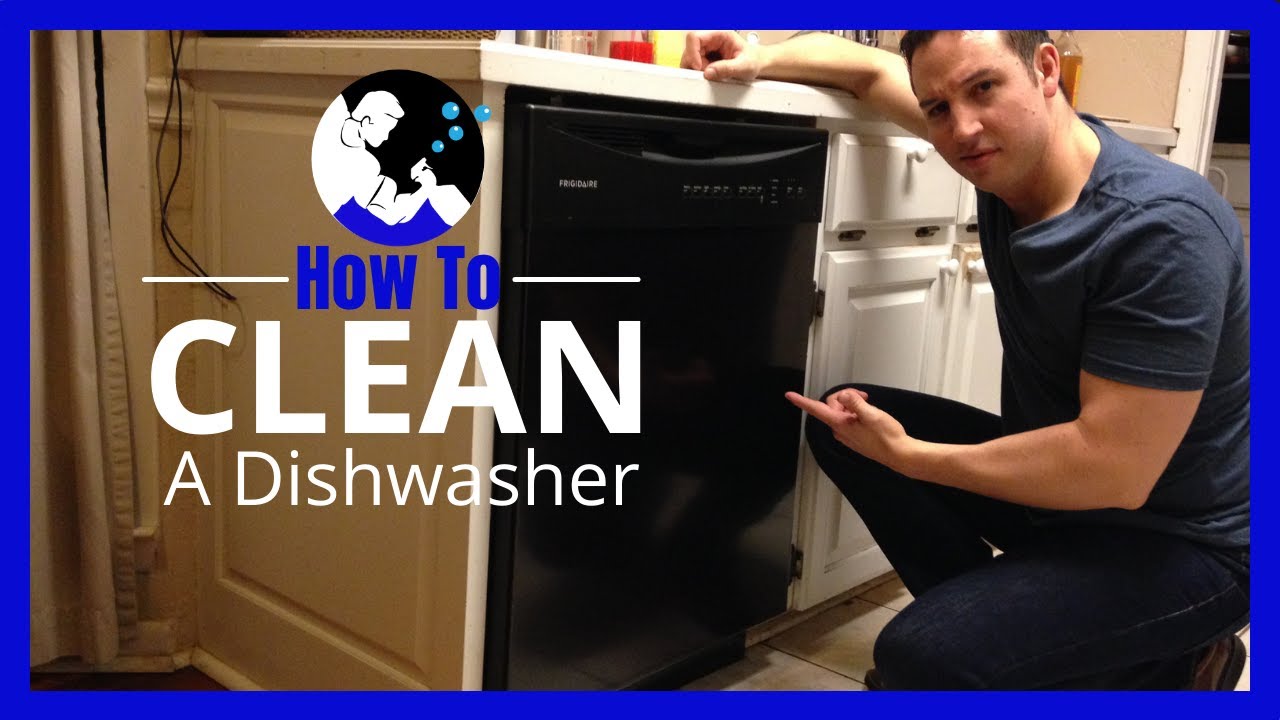
:max_bytes(150000):strip_icc()/freshen-and-unclog-drain-with-baking-soda-1900466-22-bbf940b70afa4d5abef0c54da23b1d3f.jpg)
